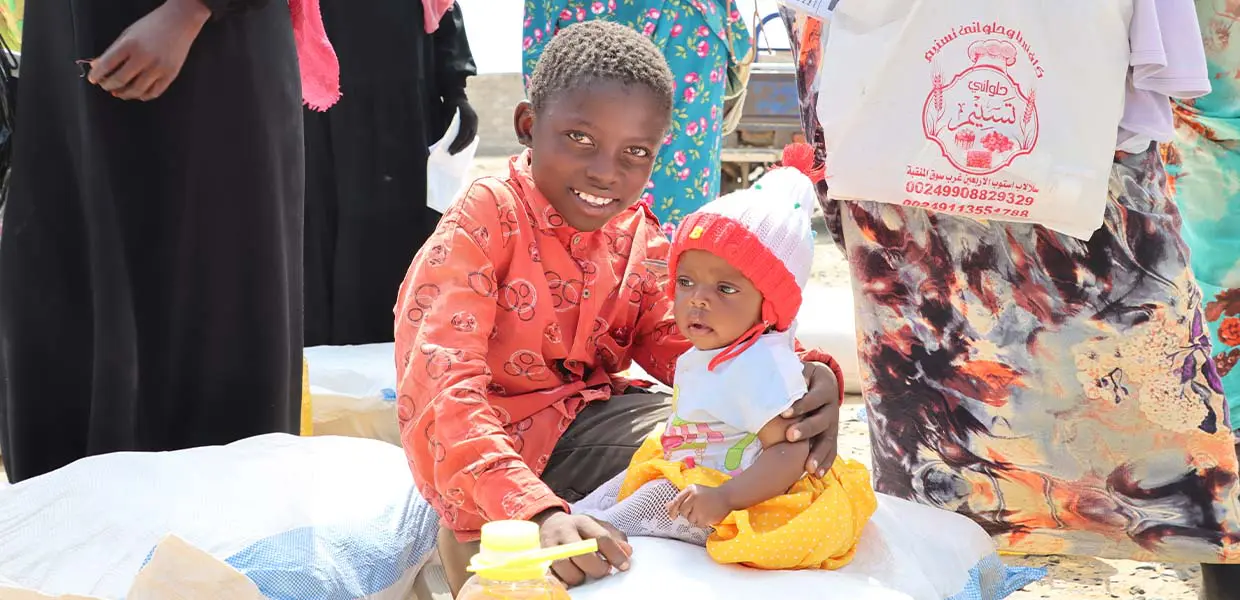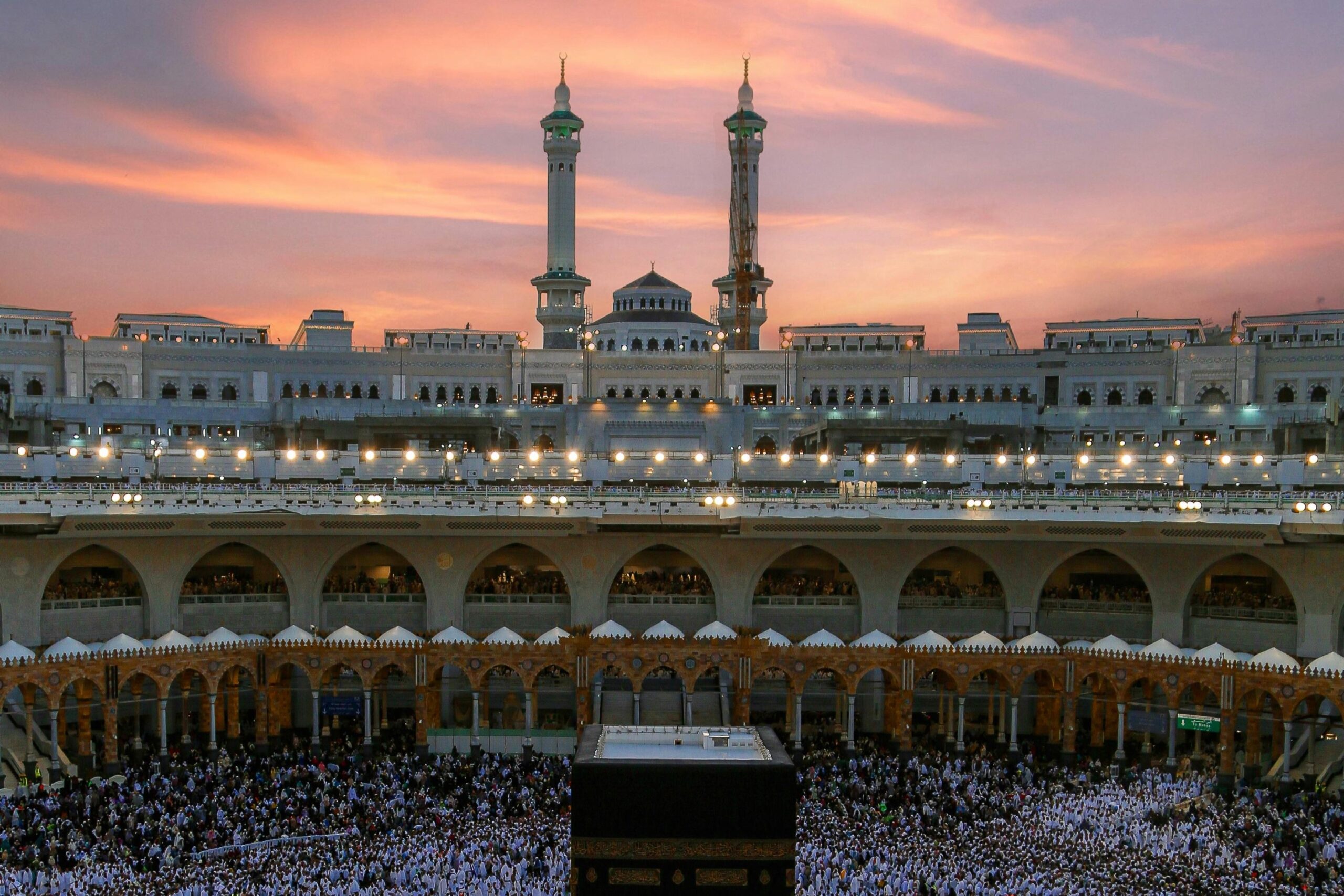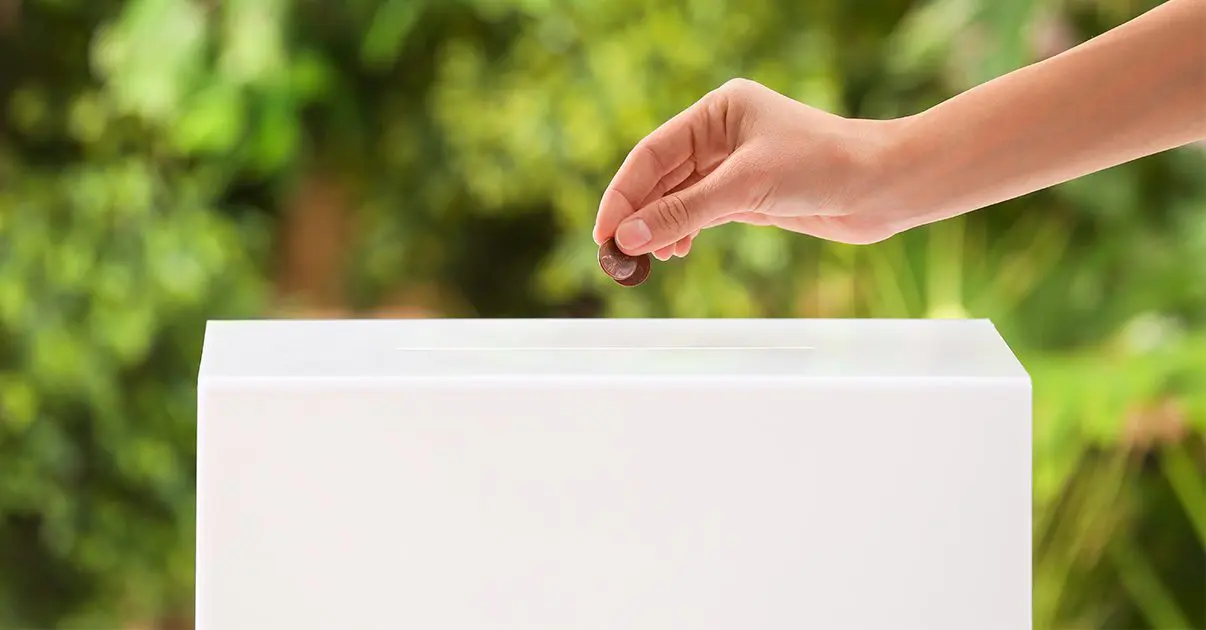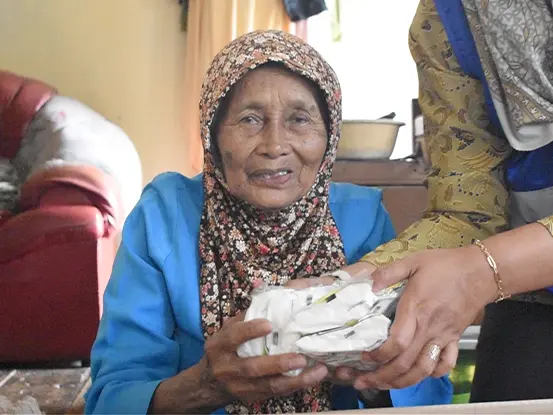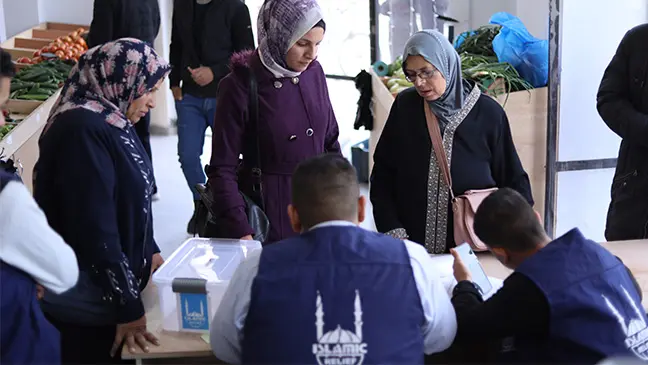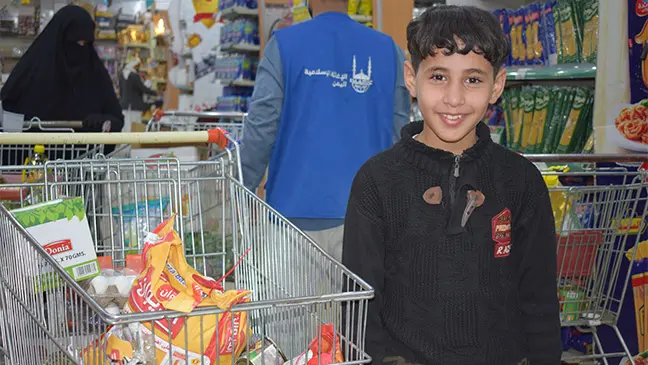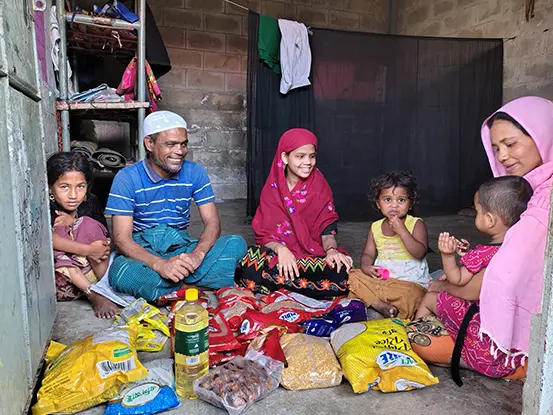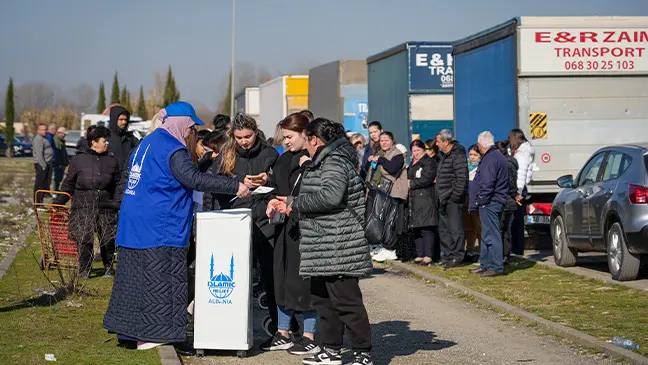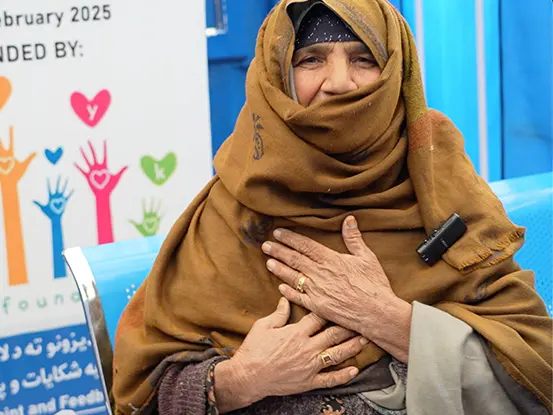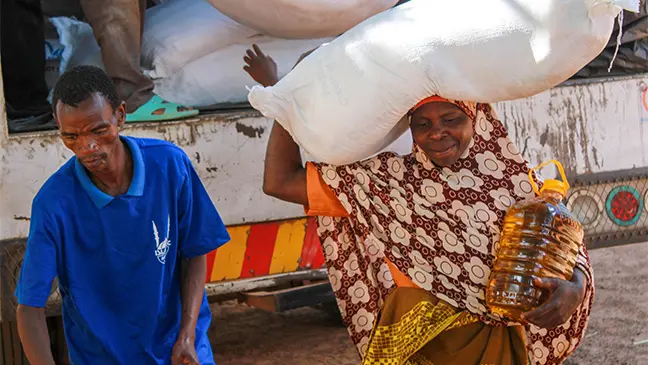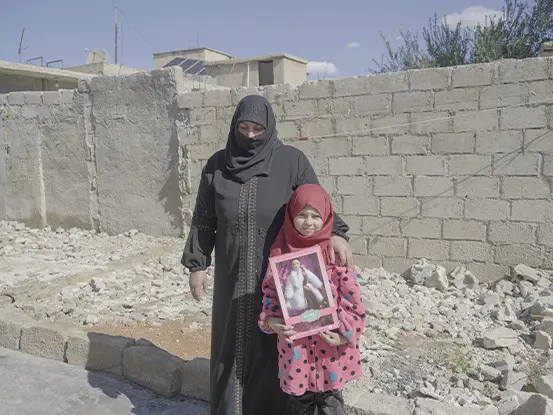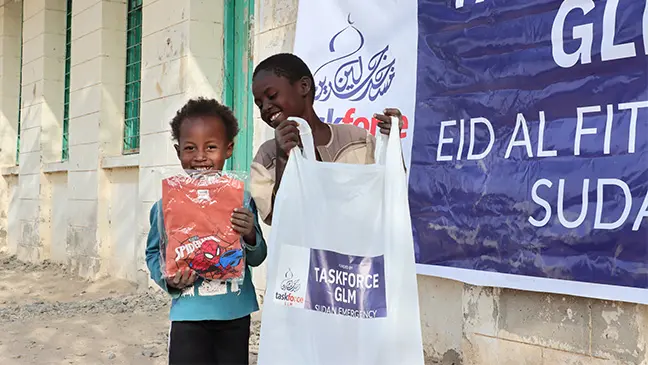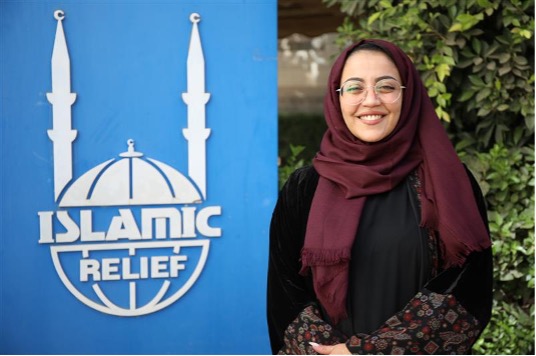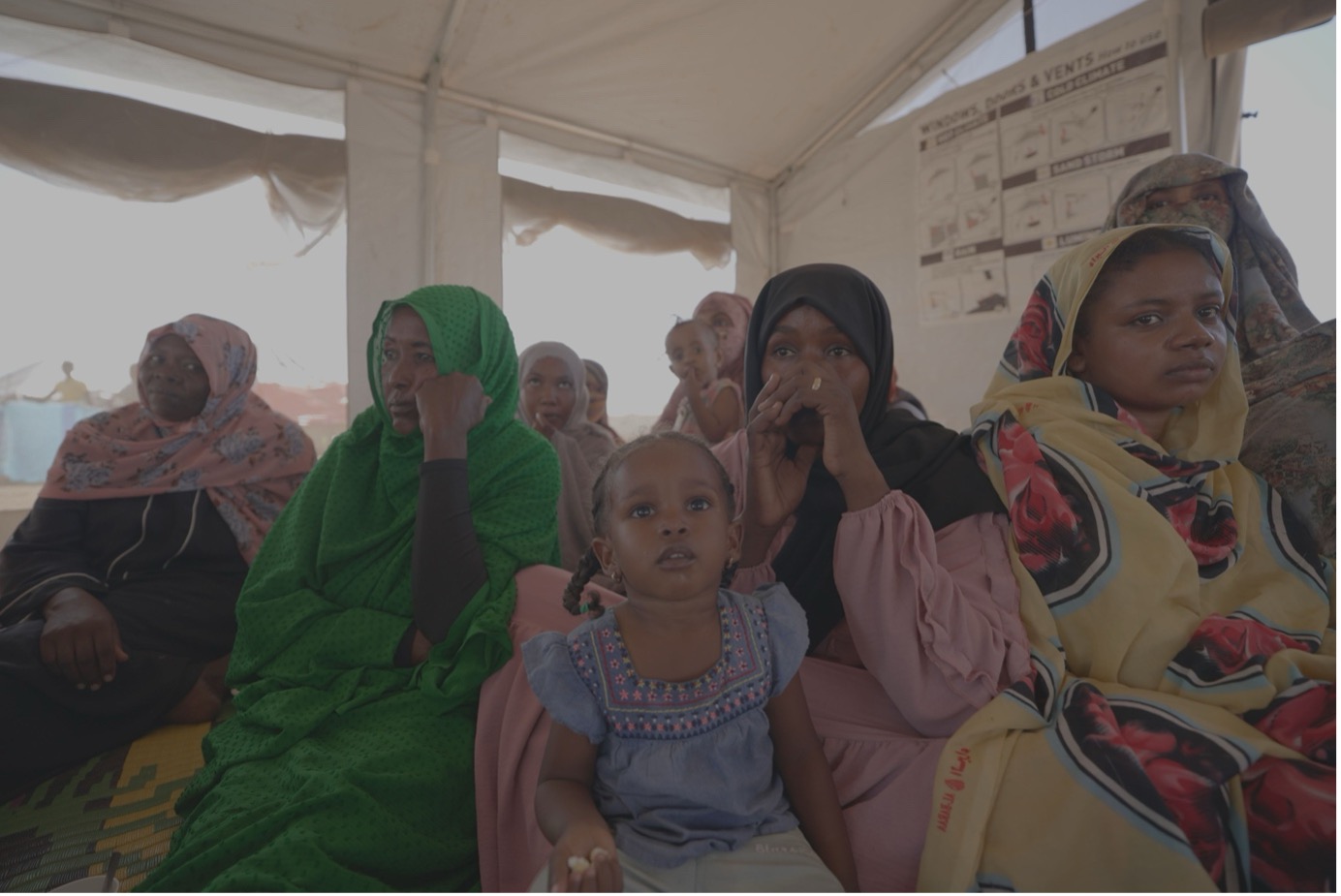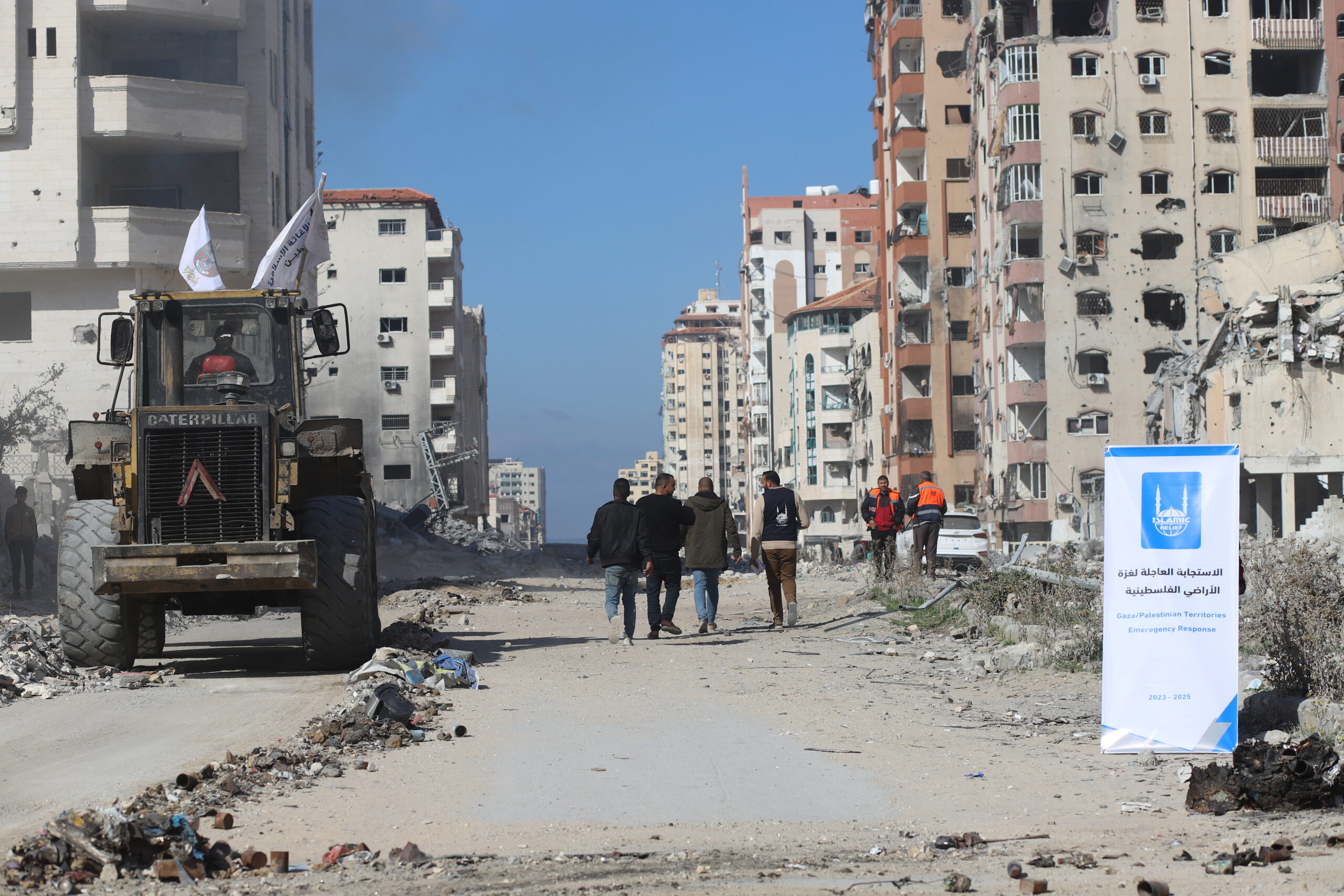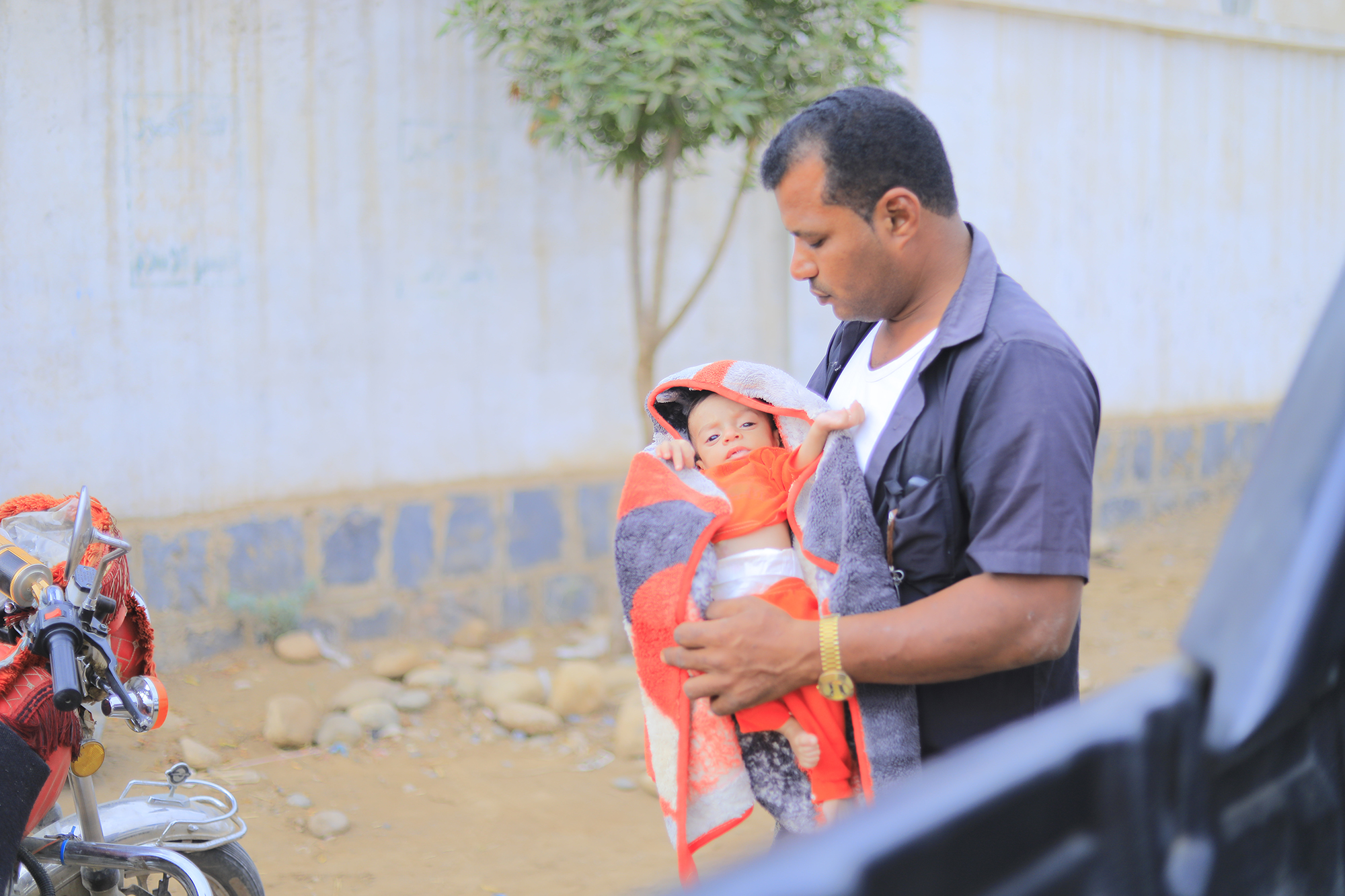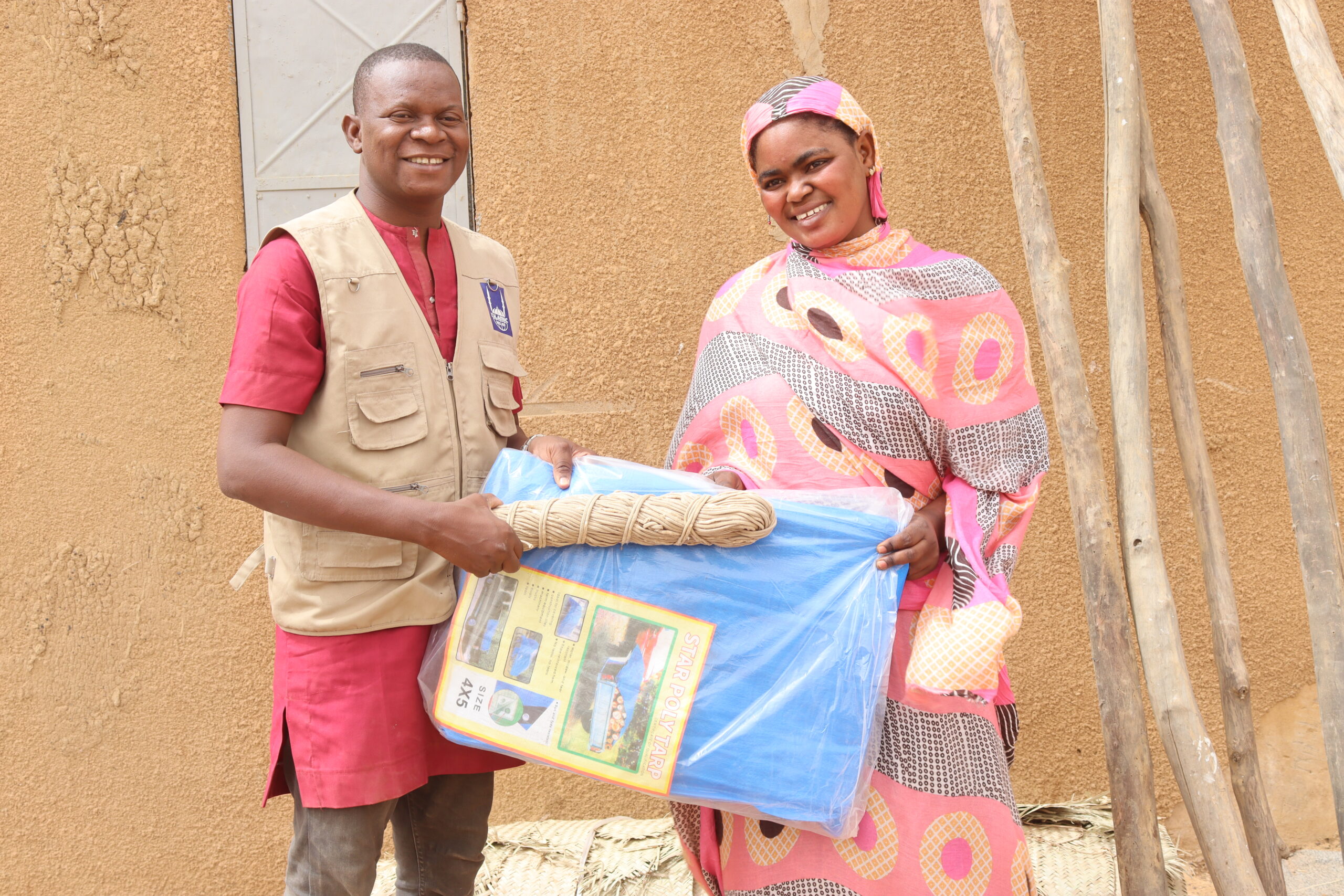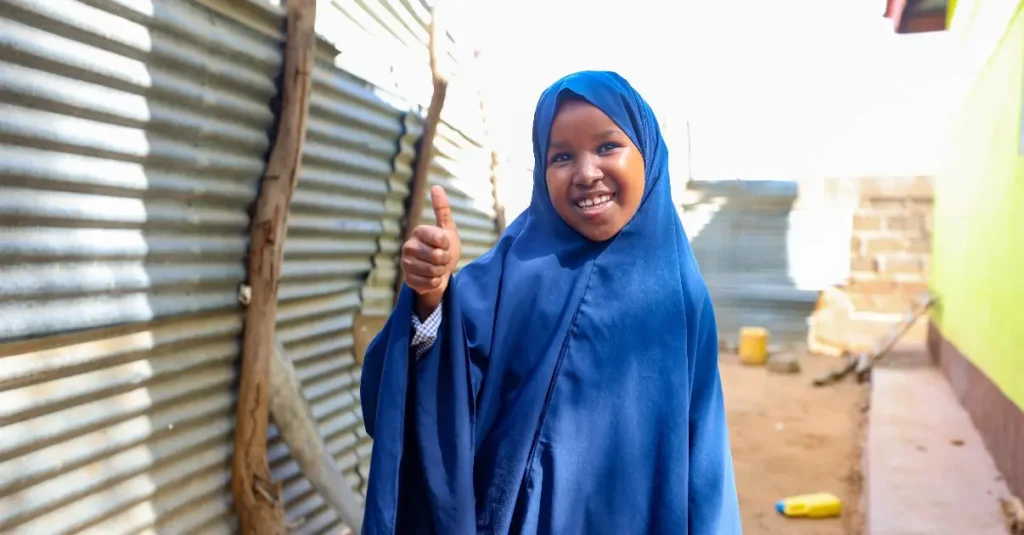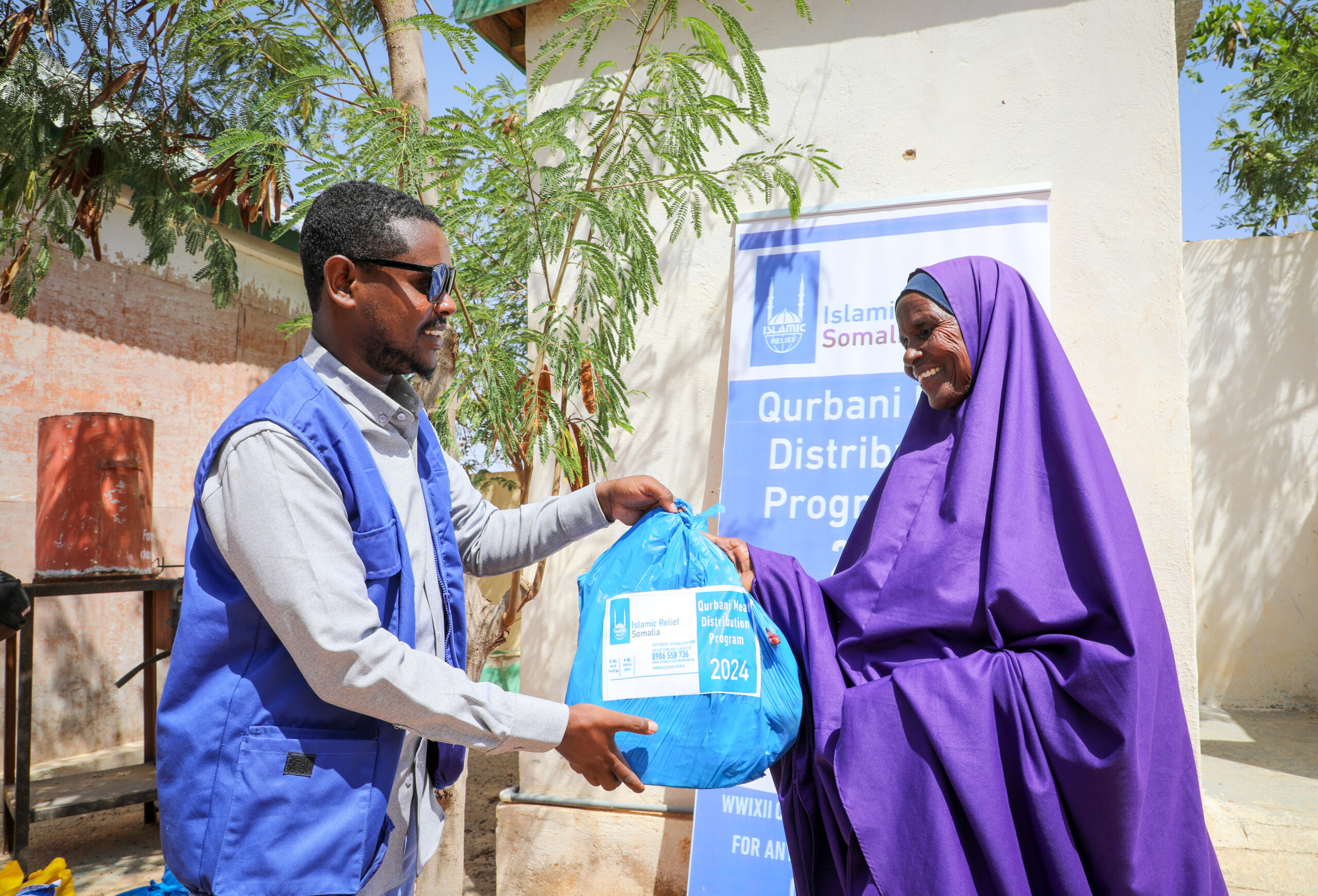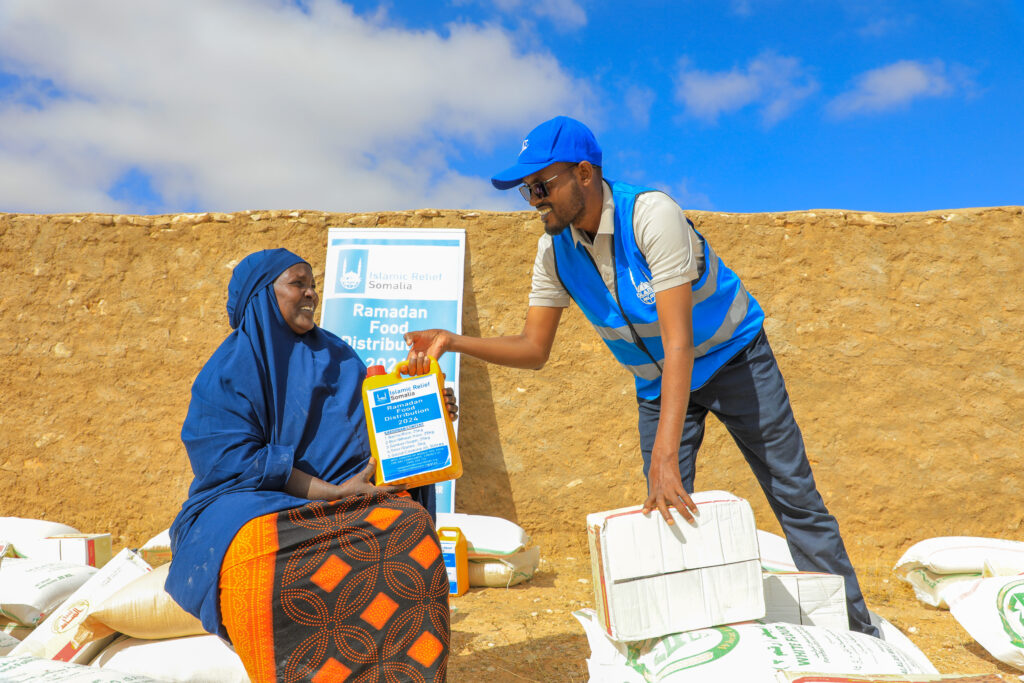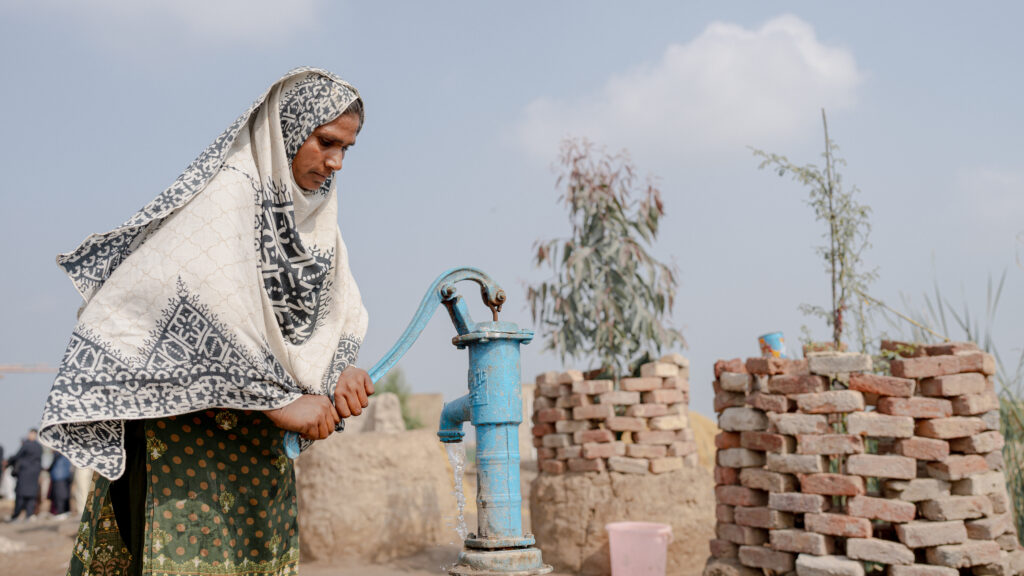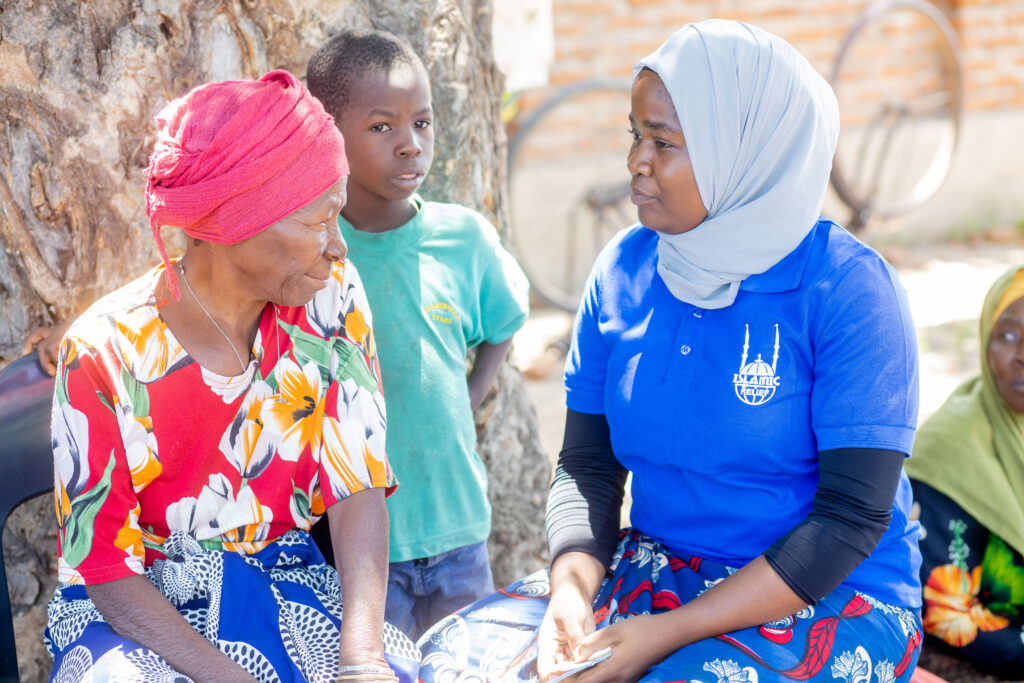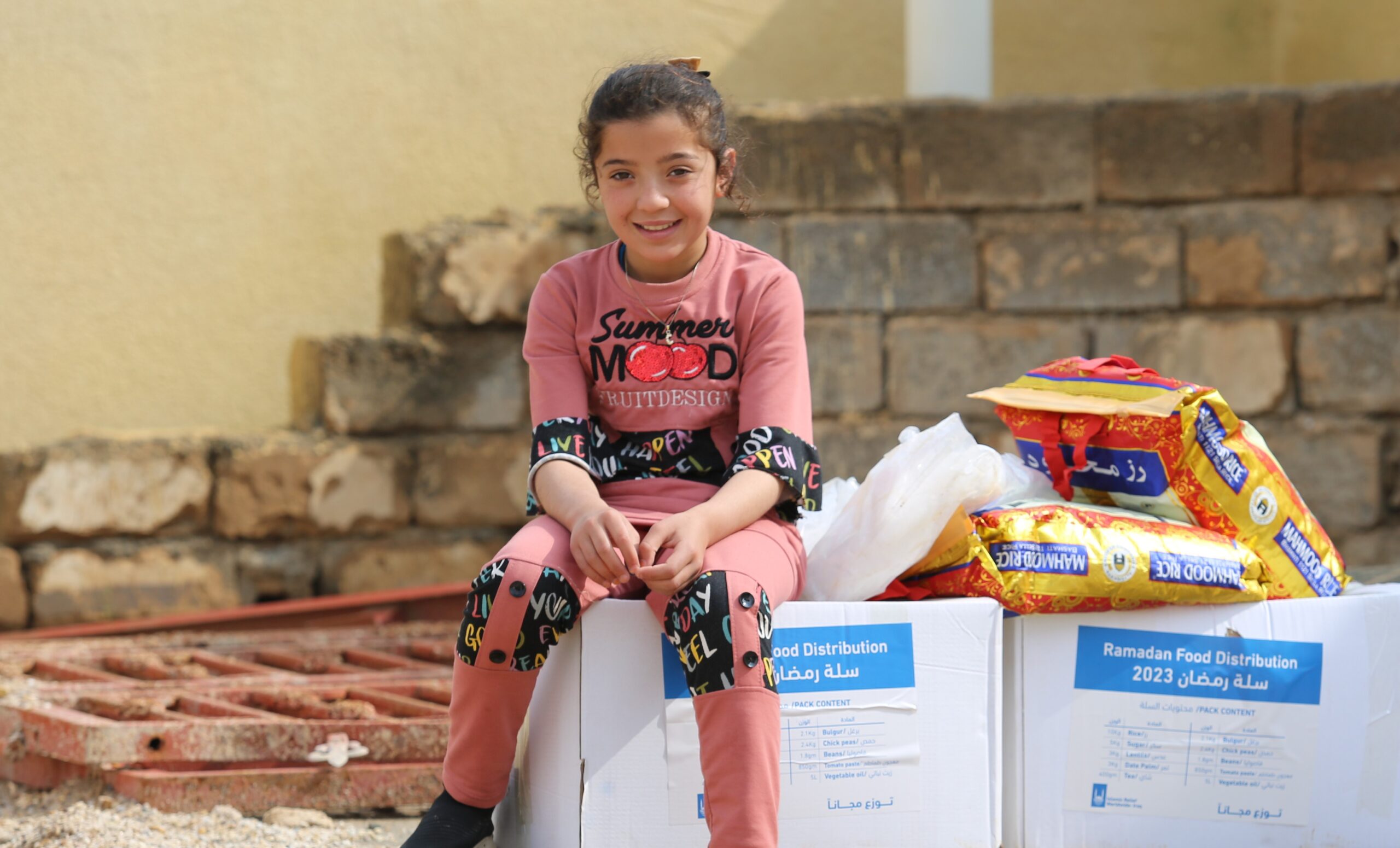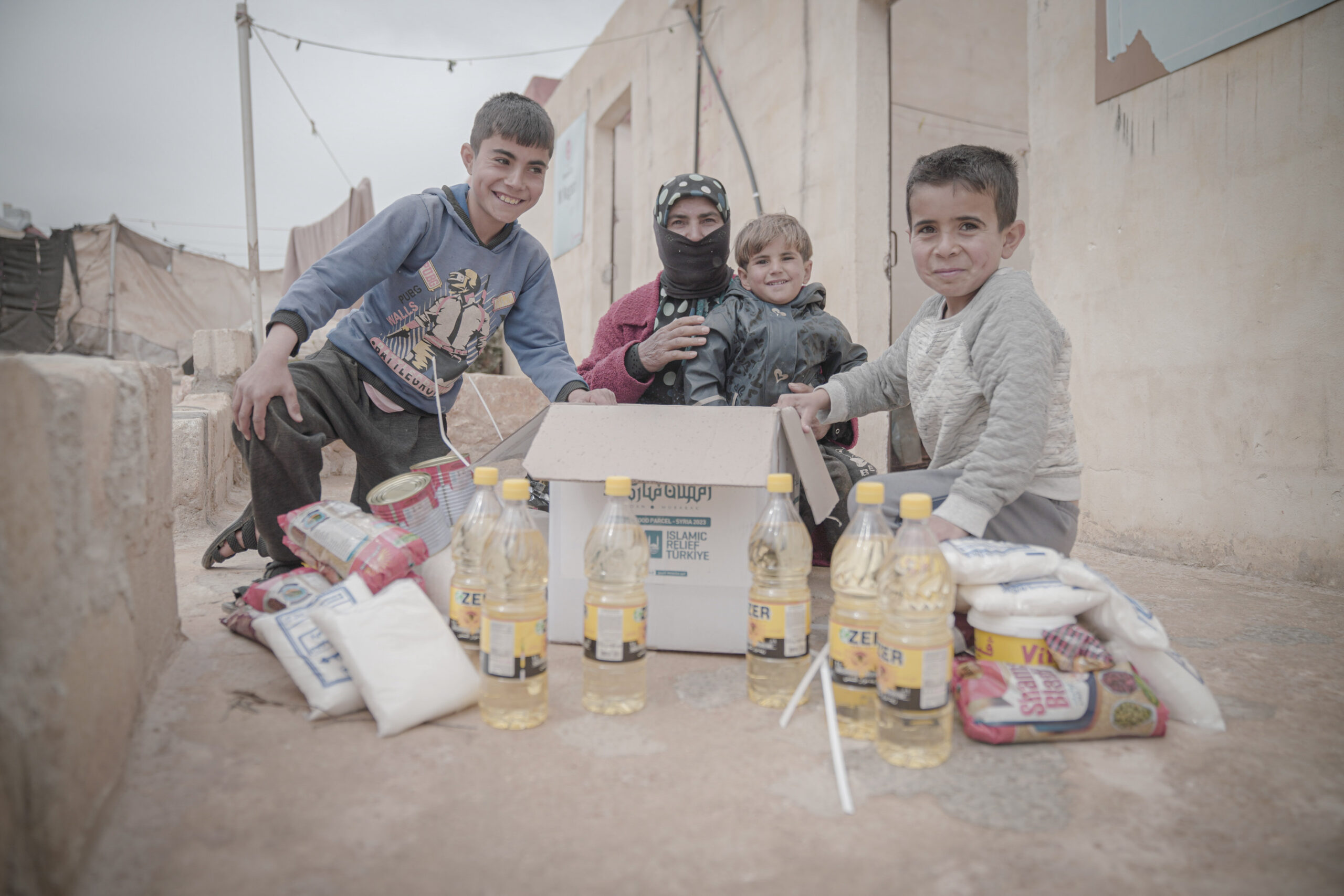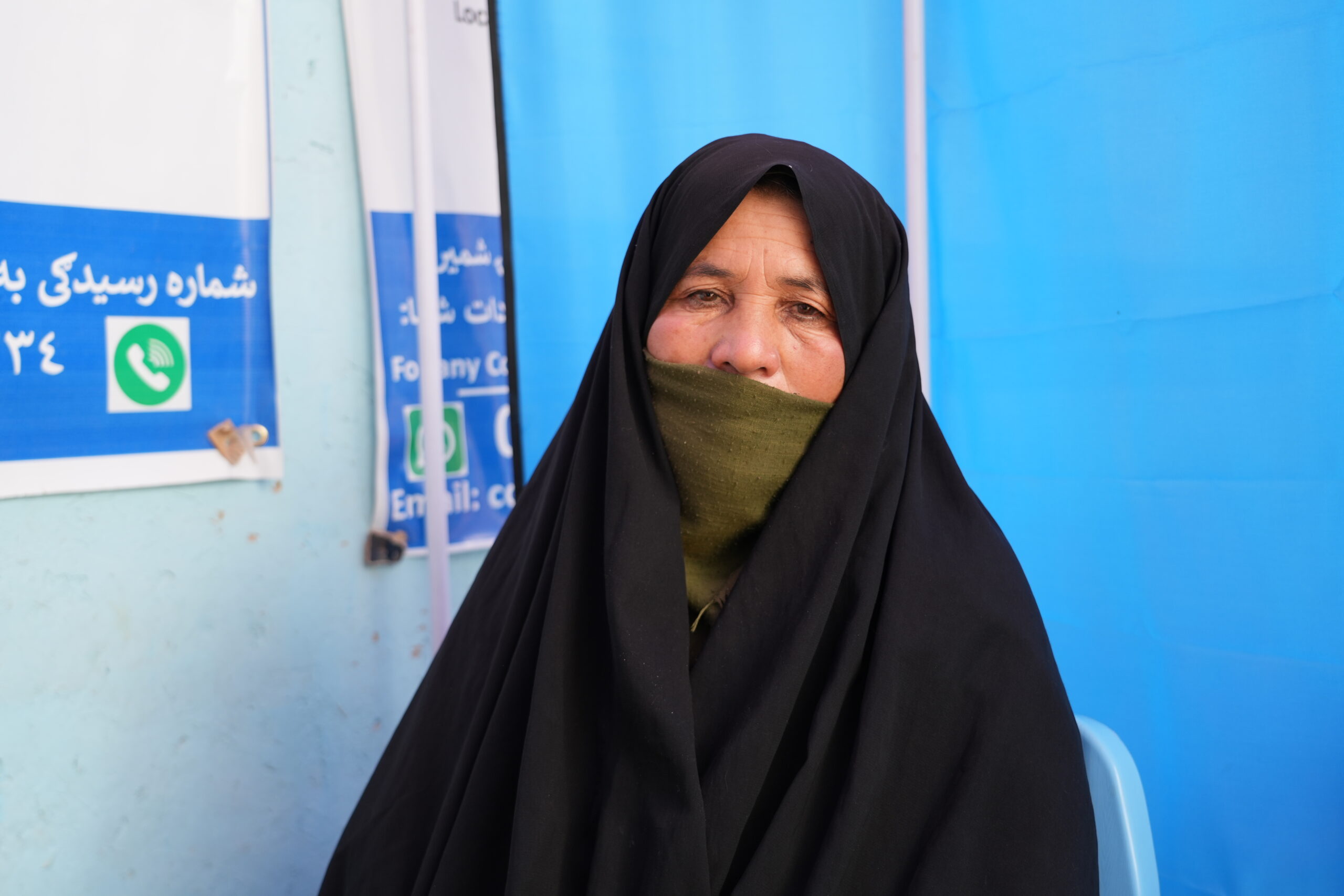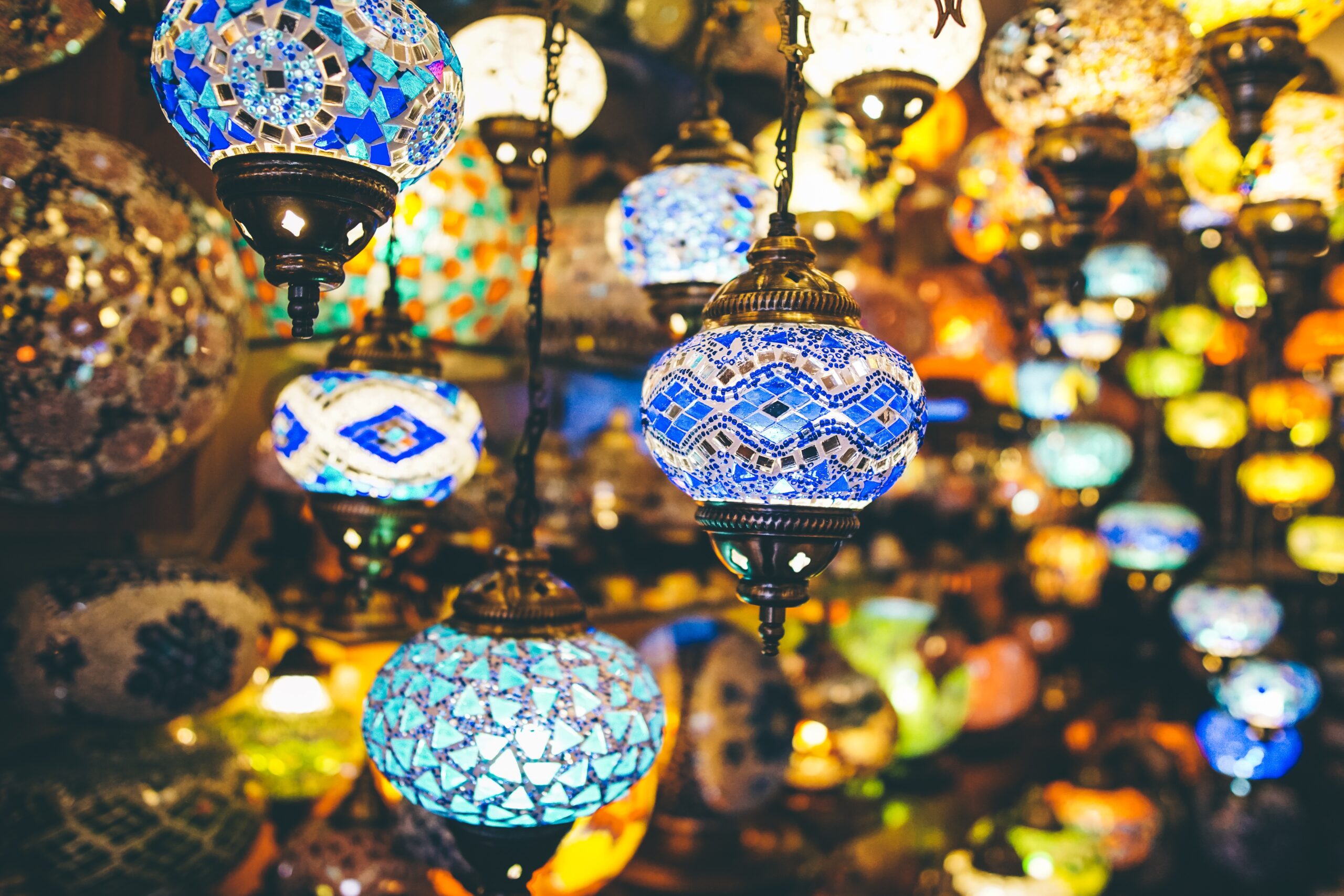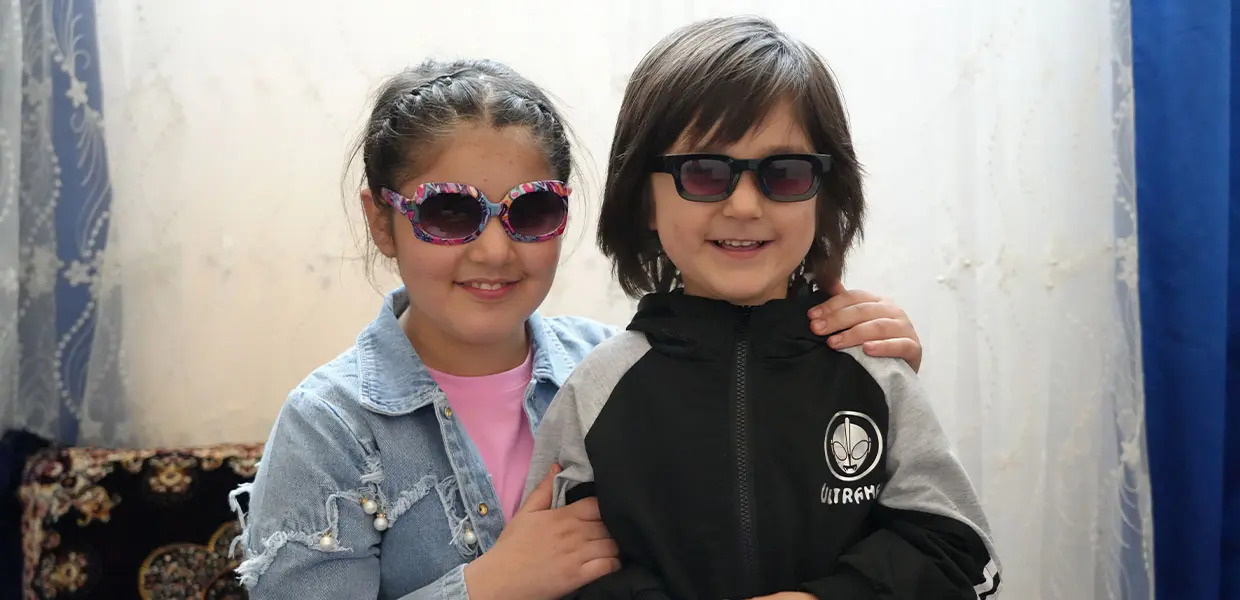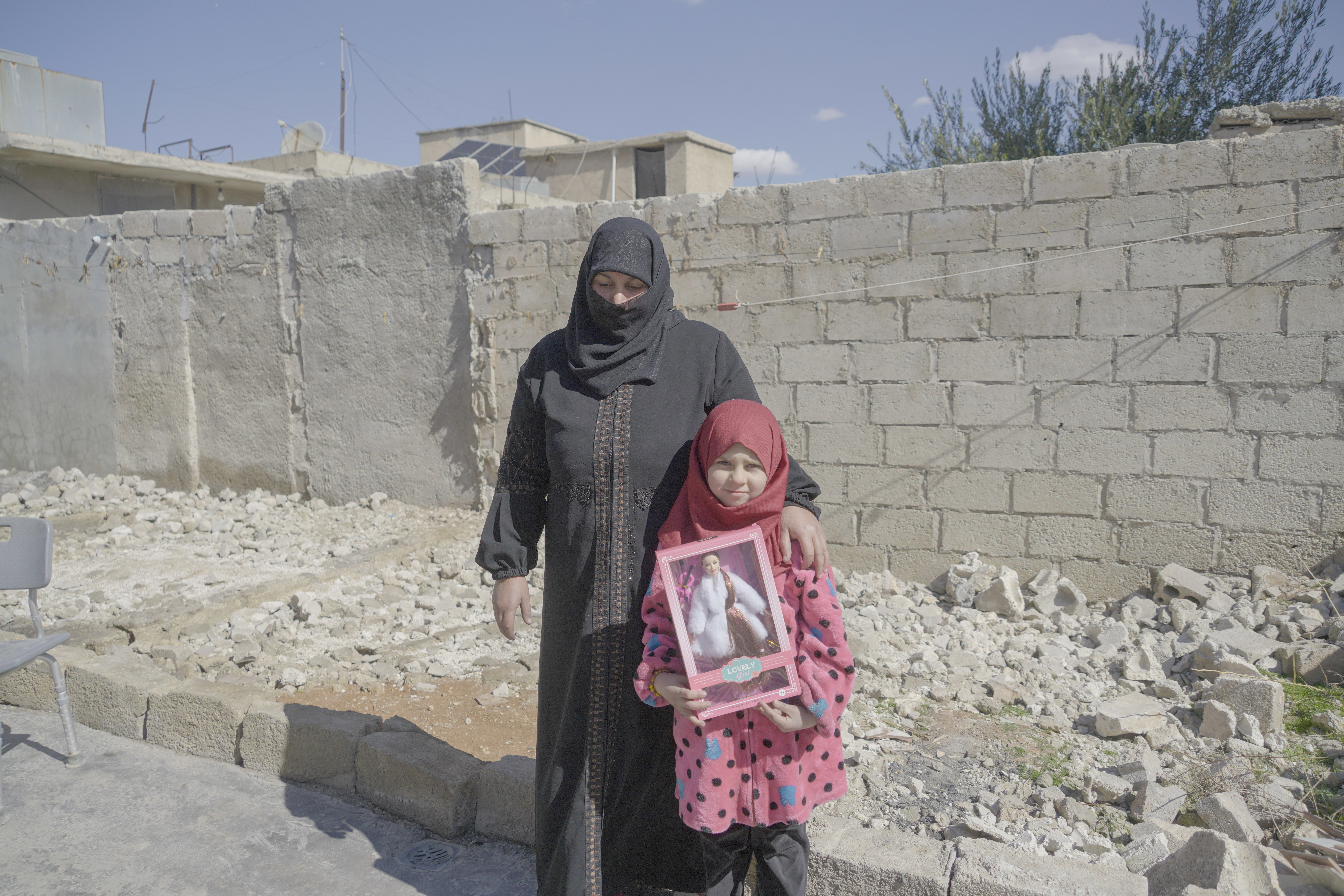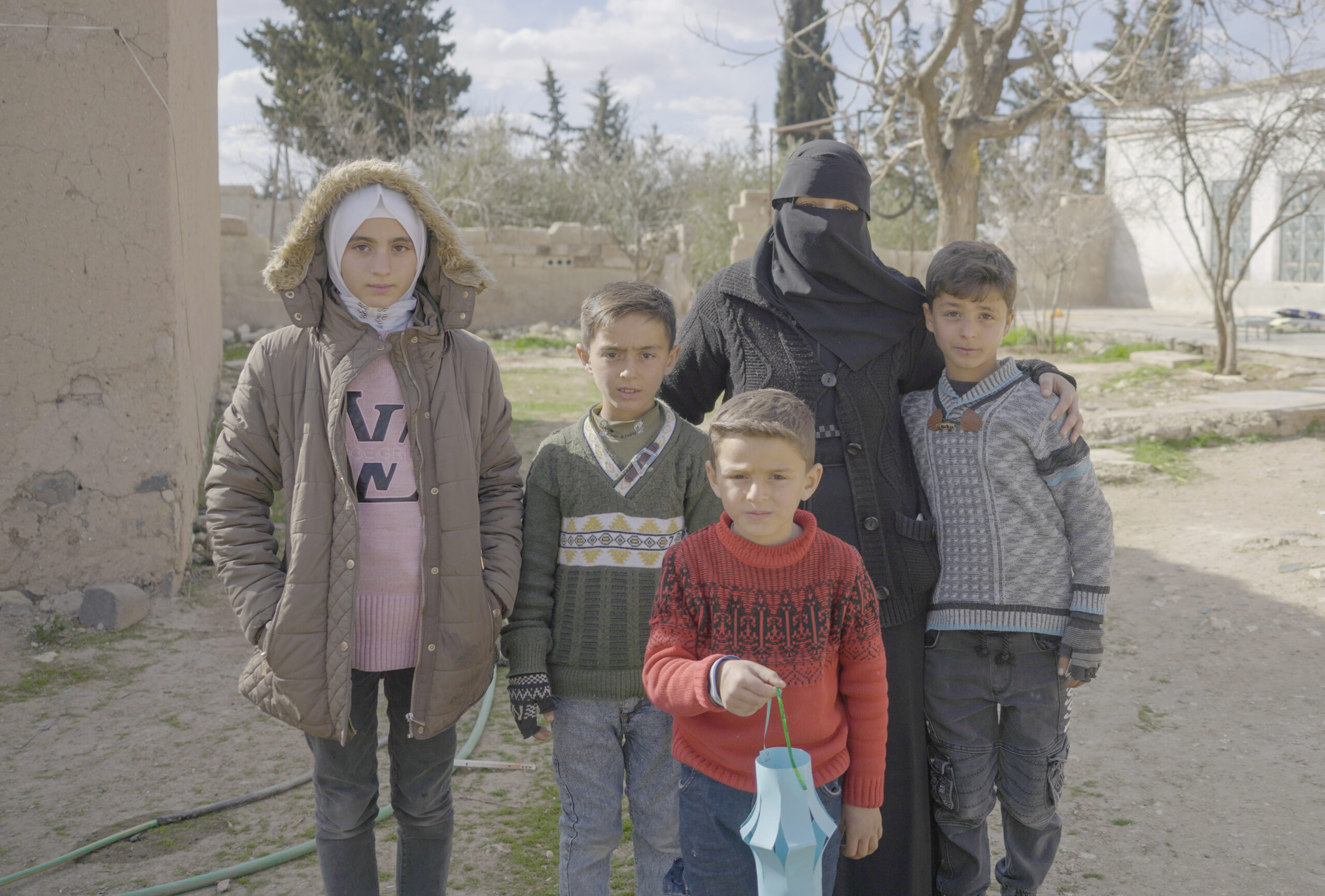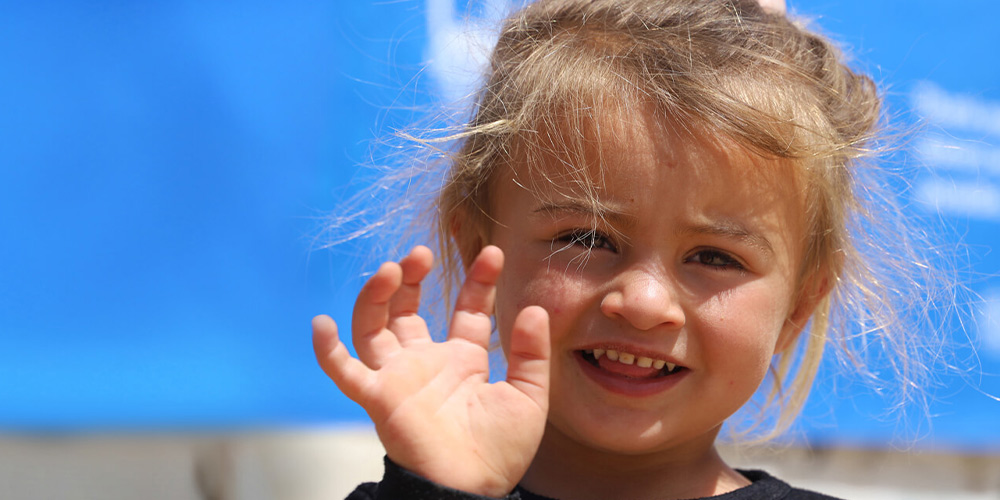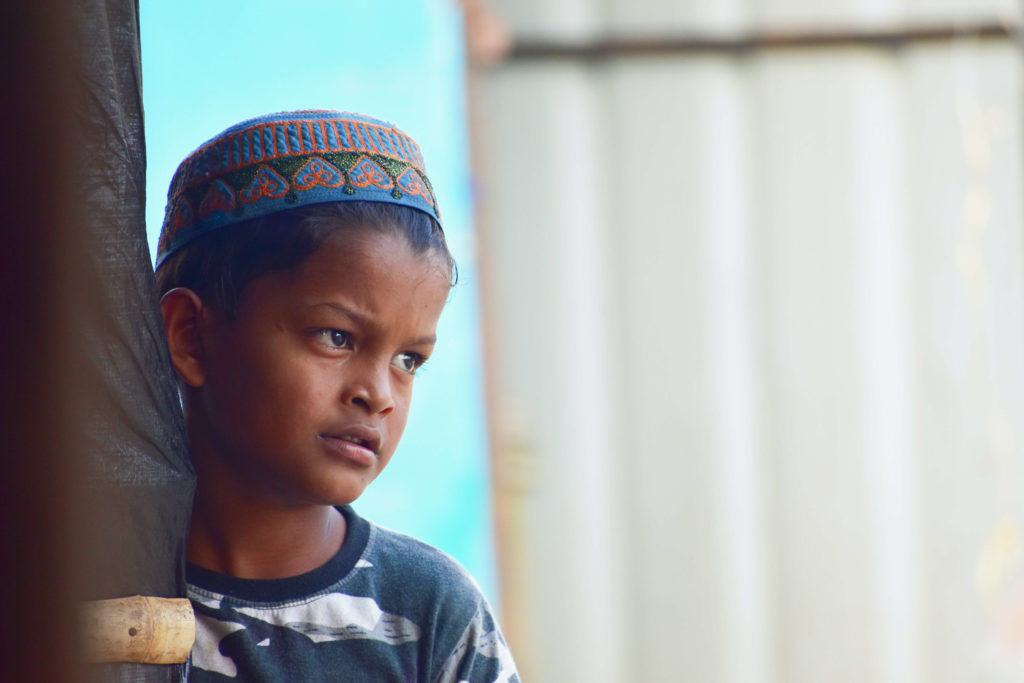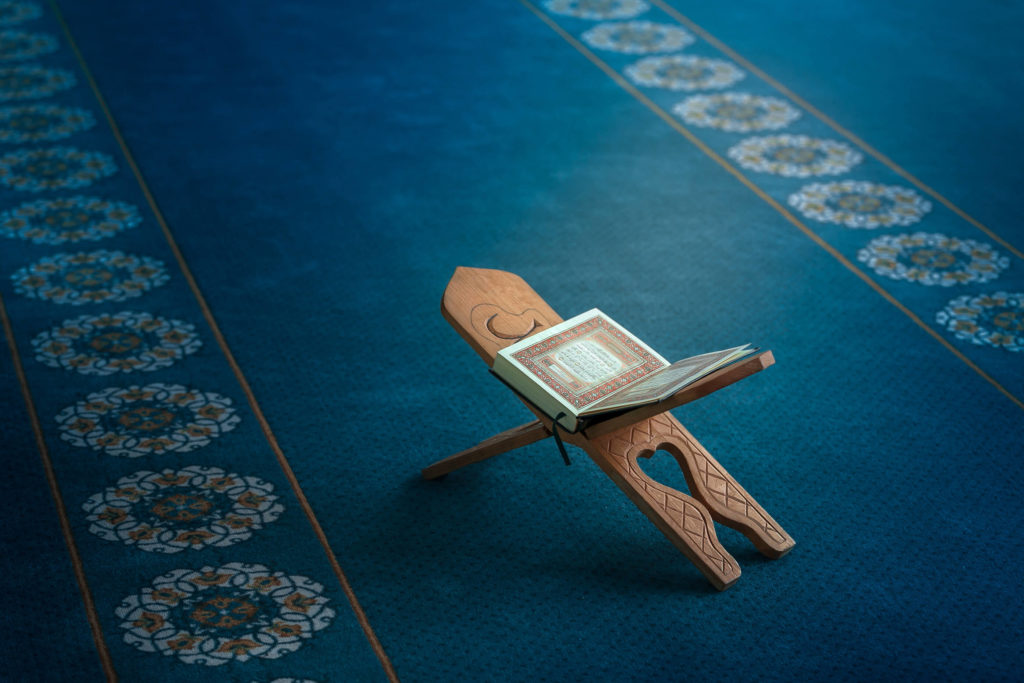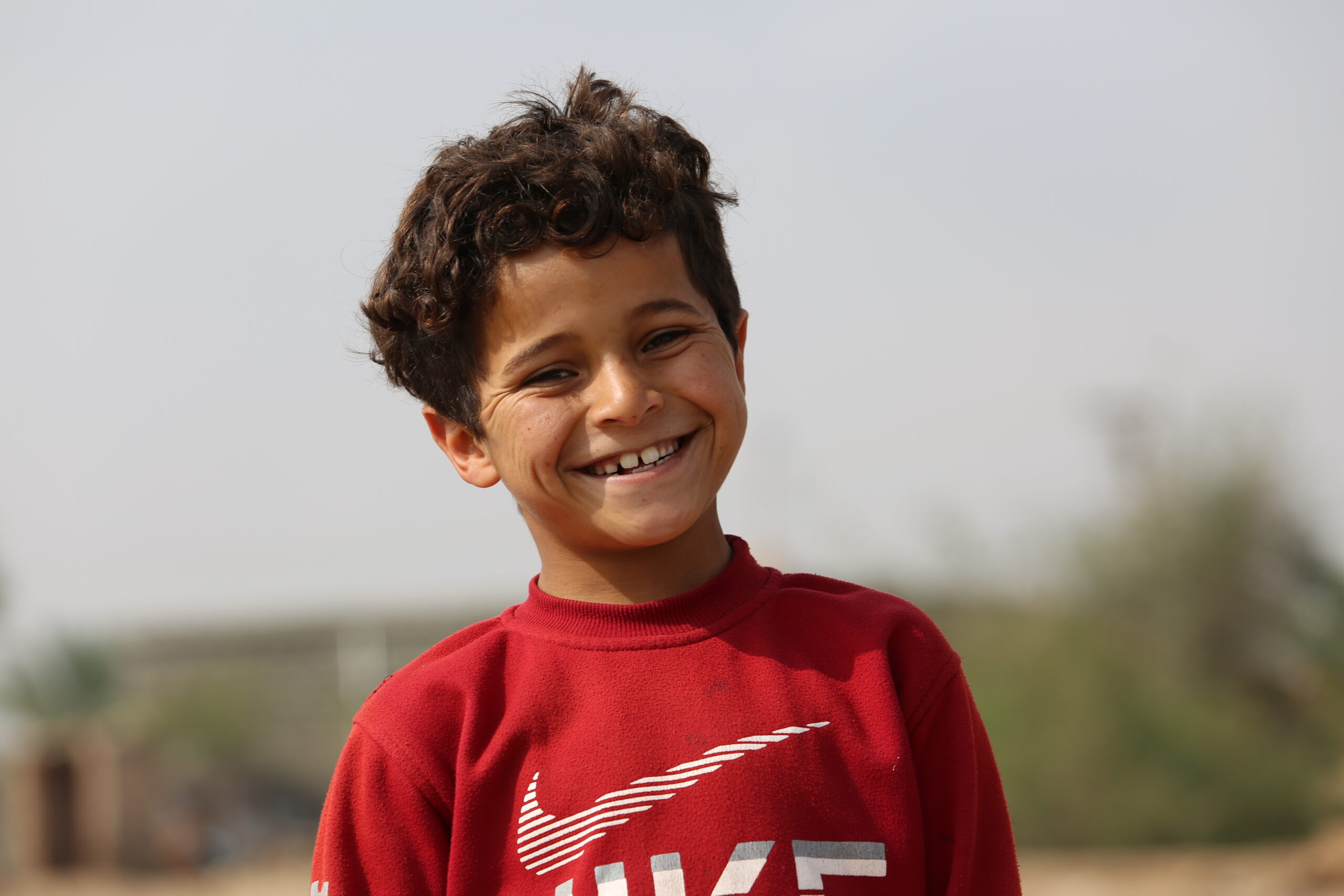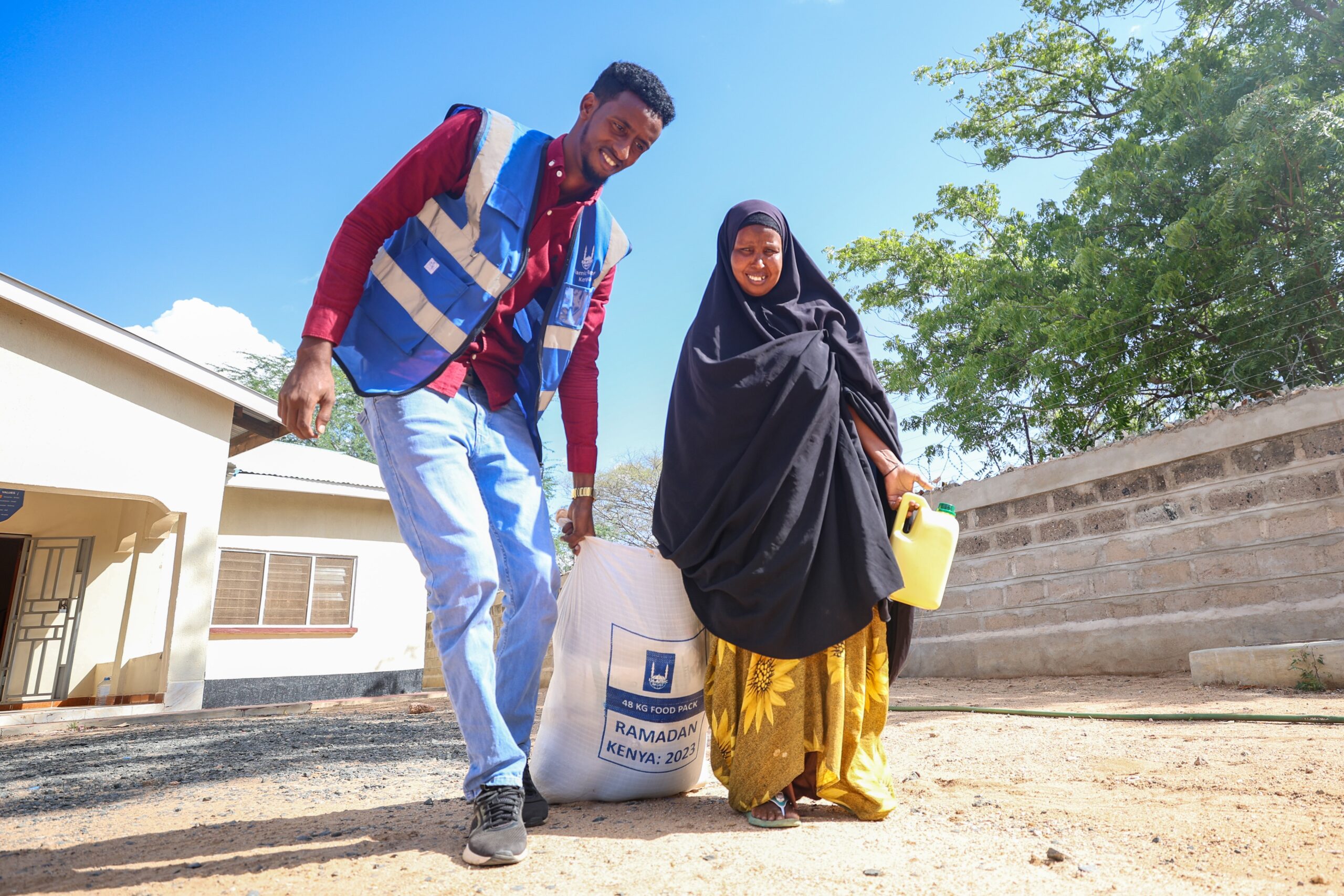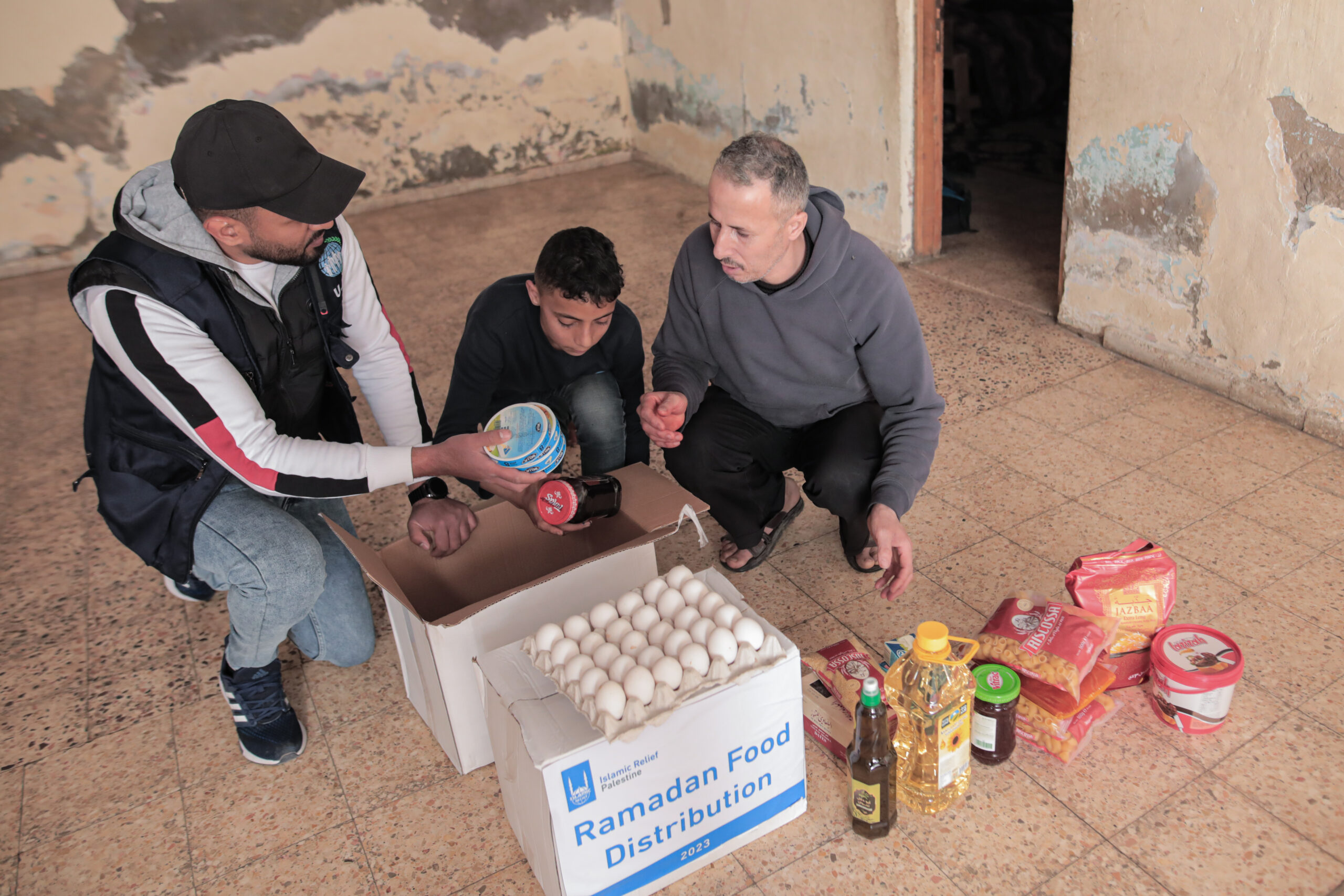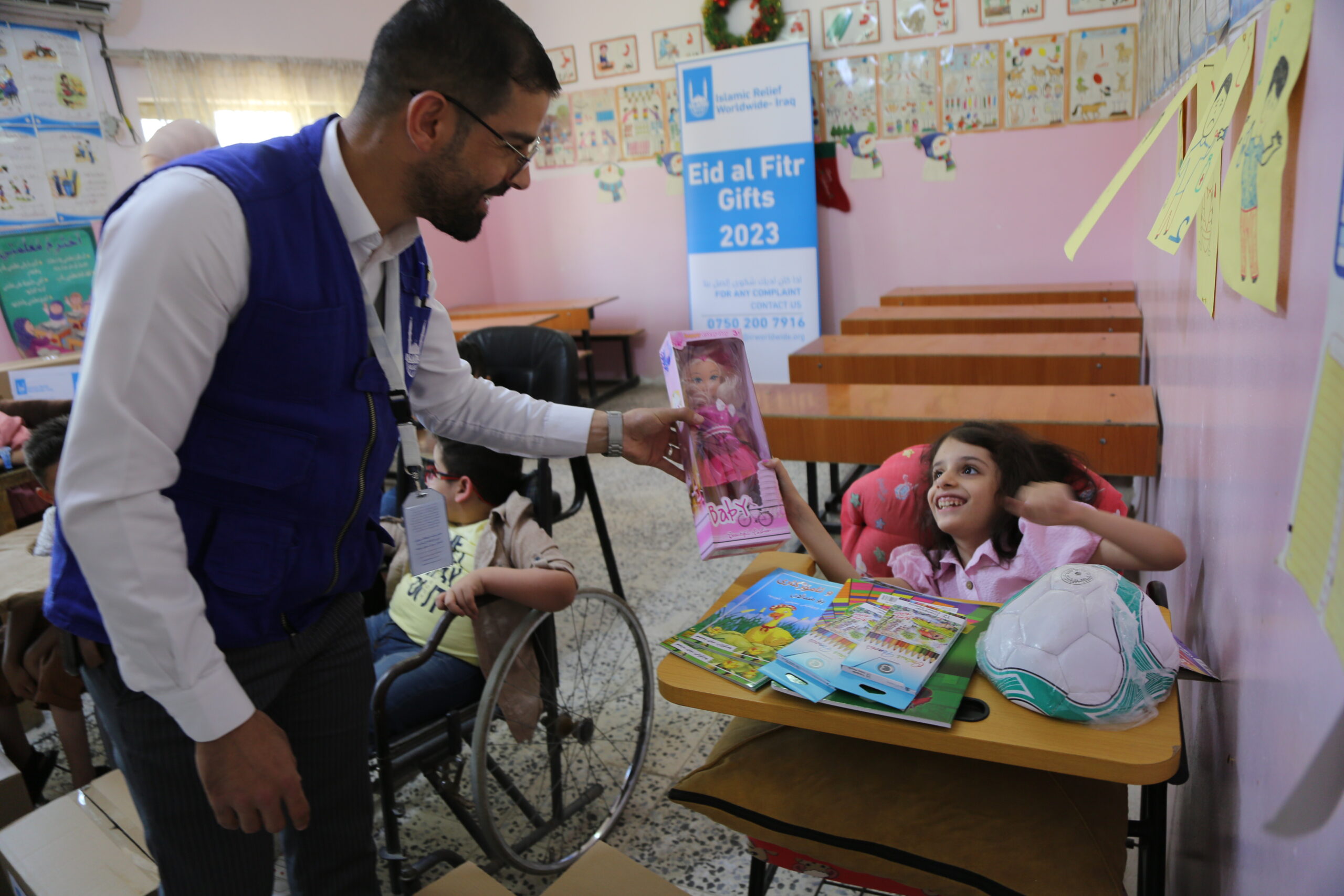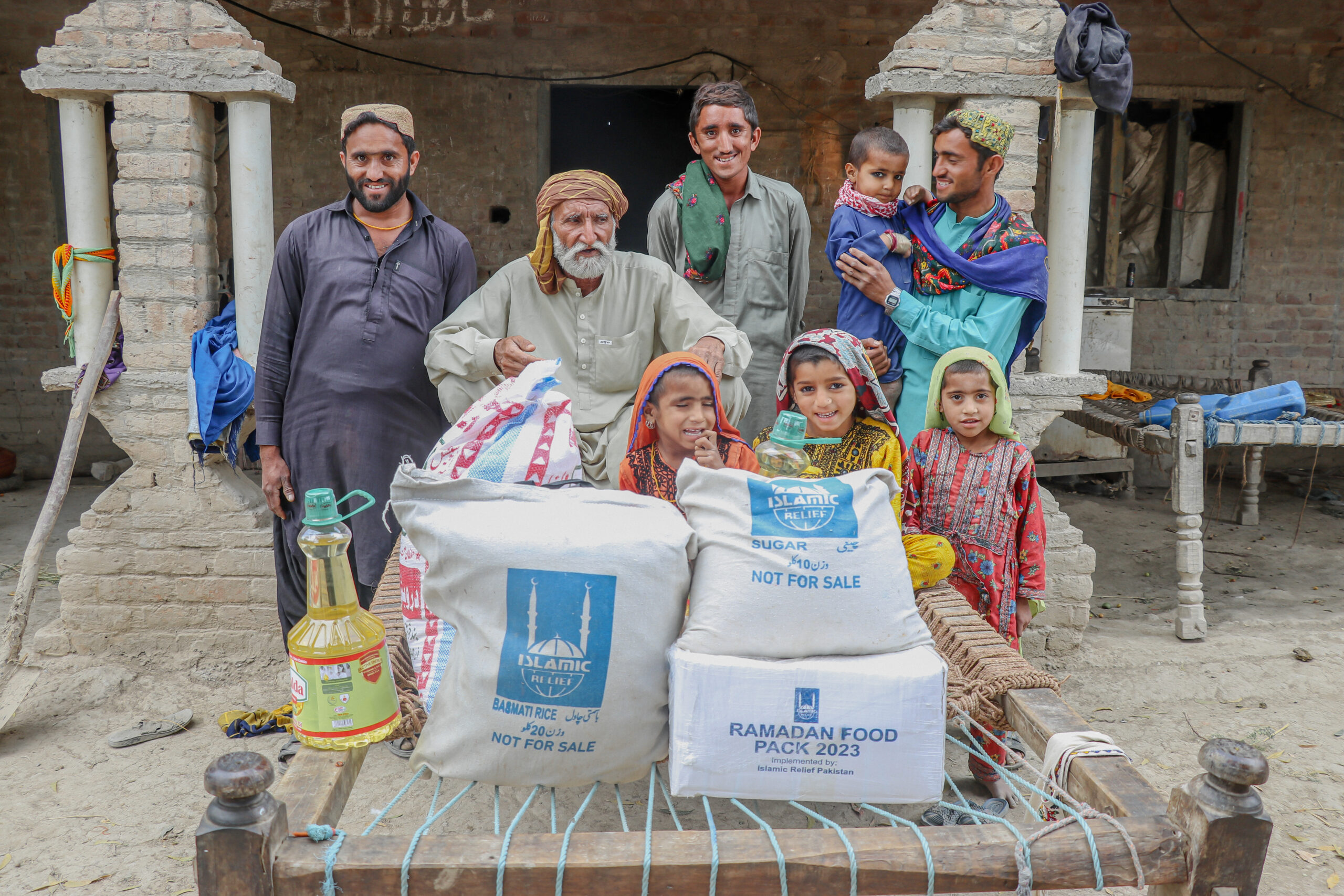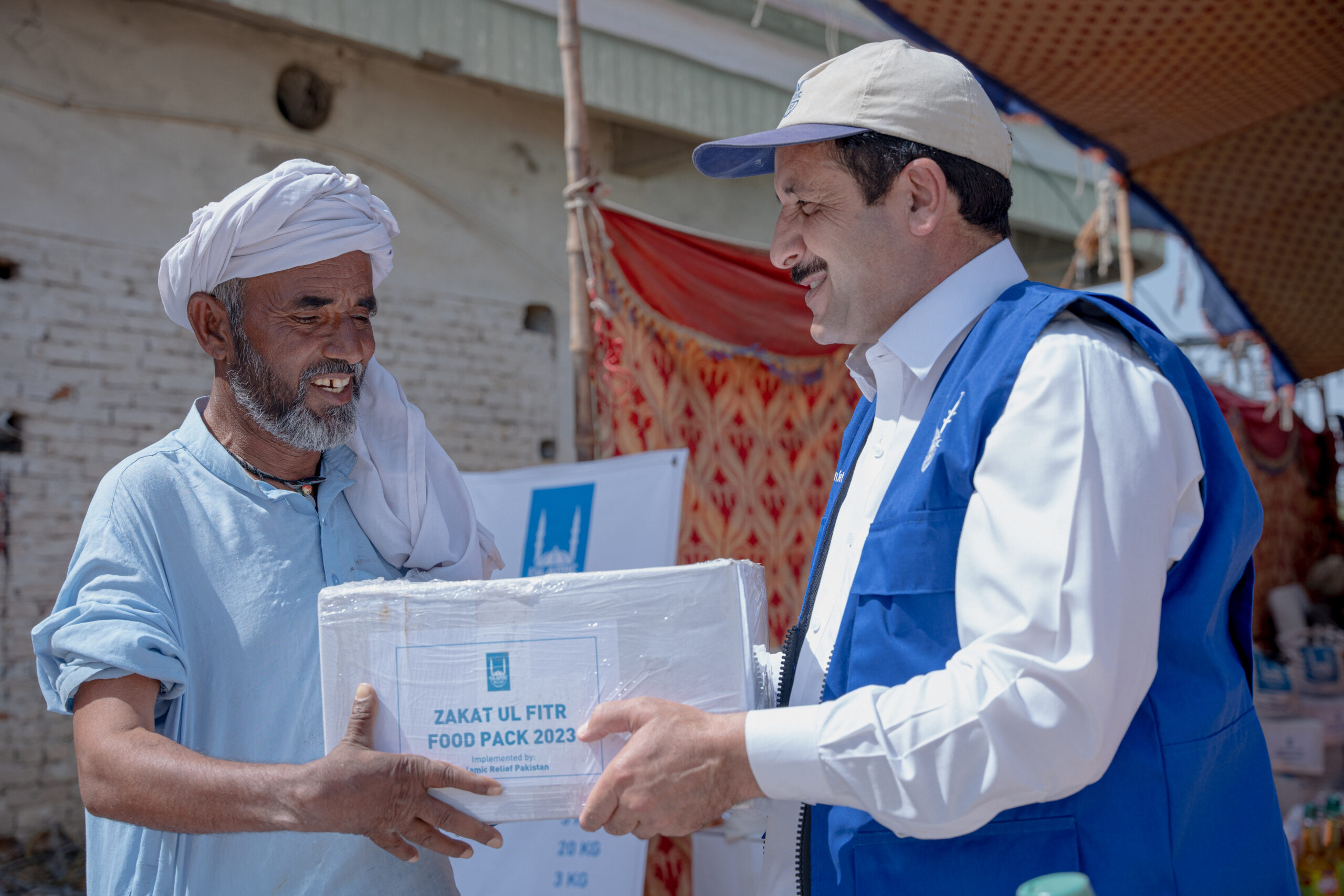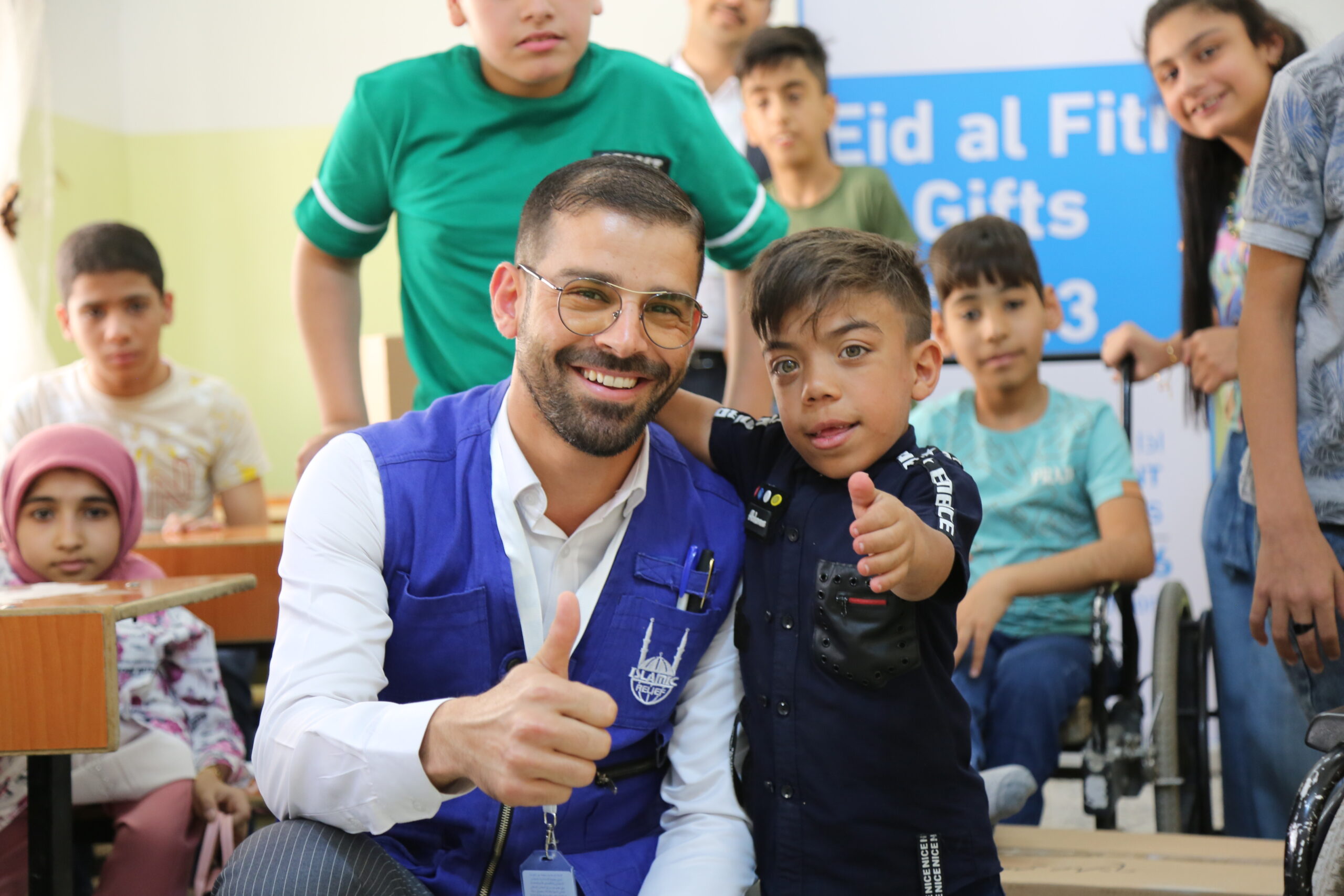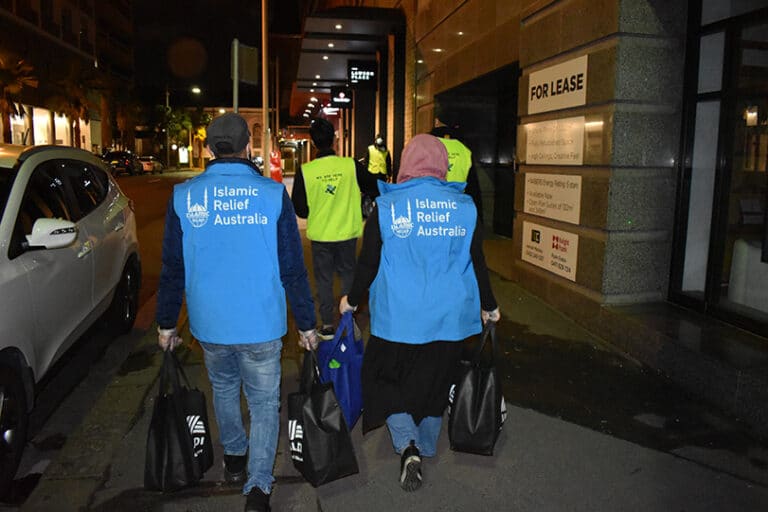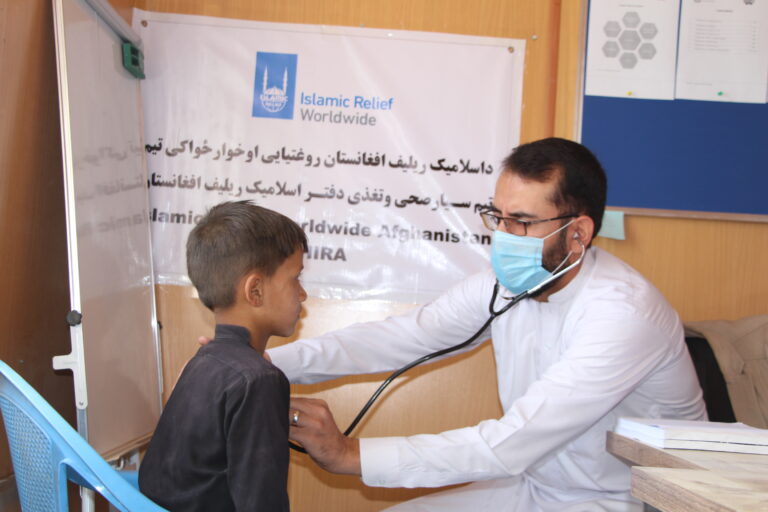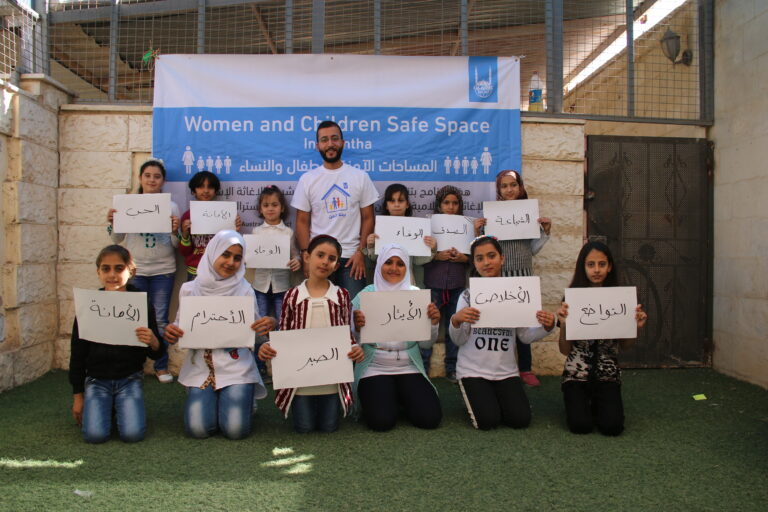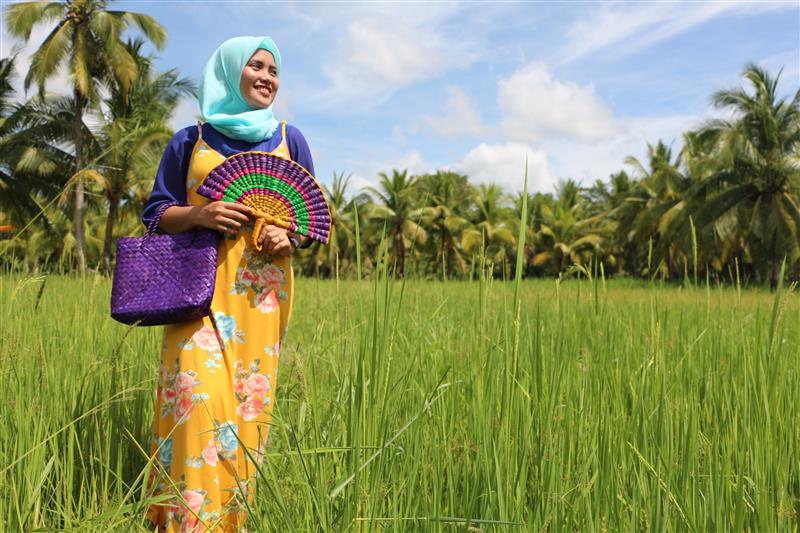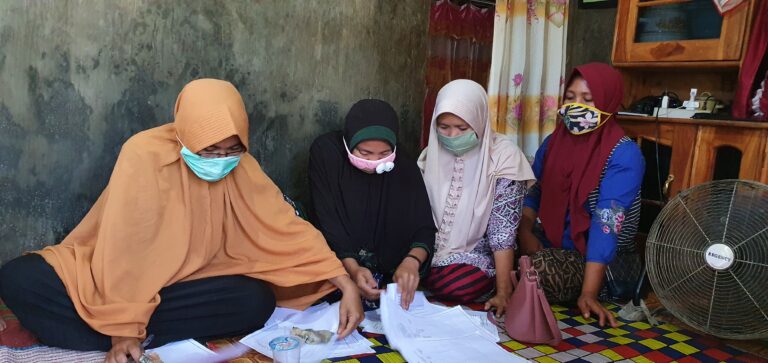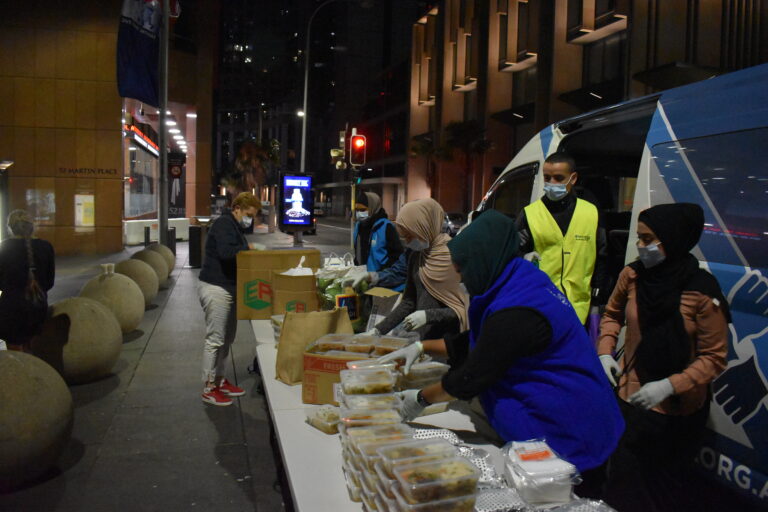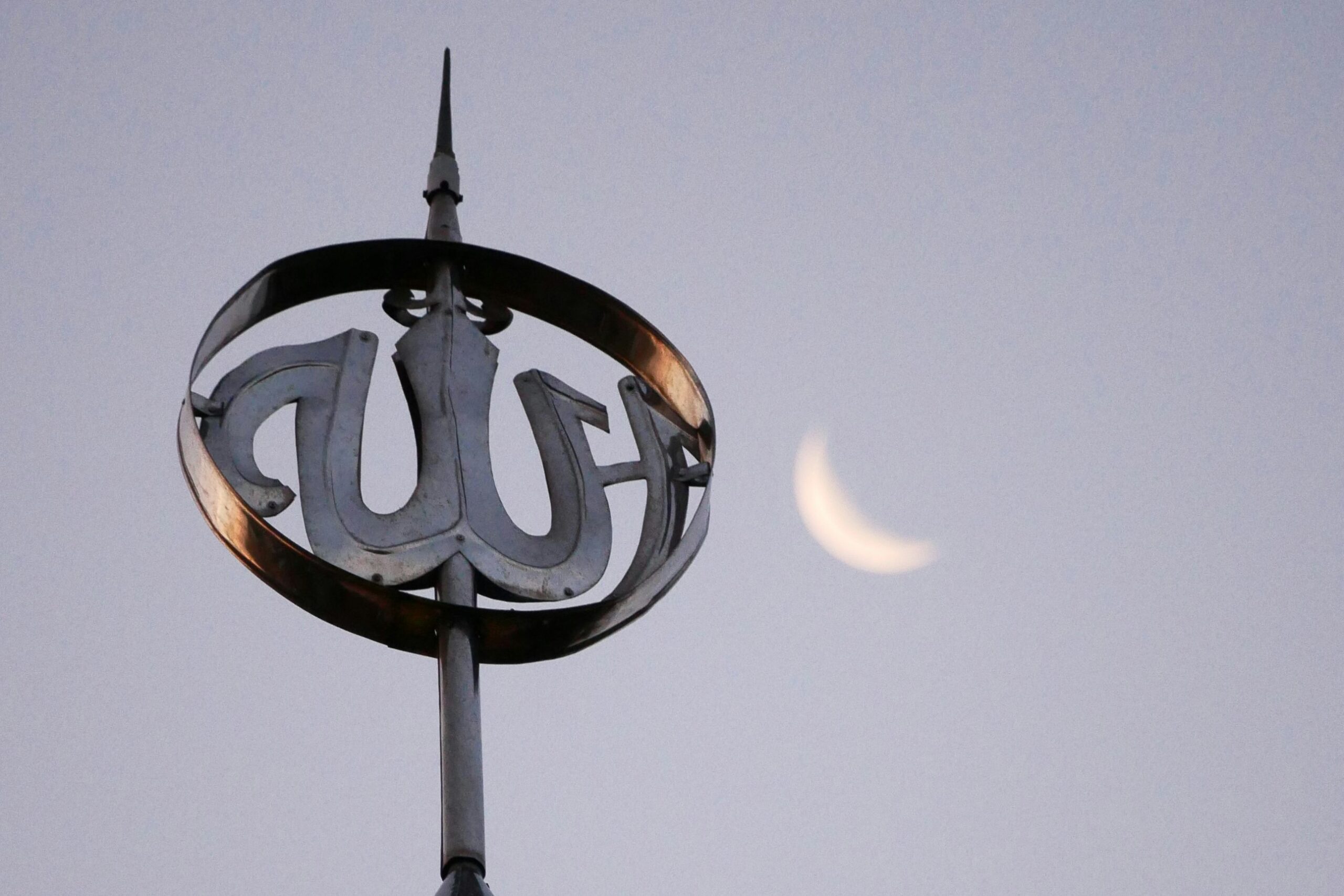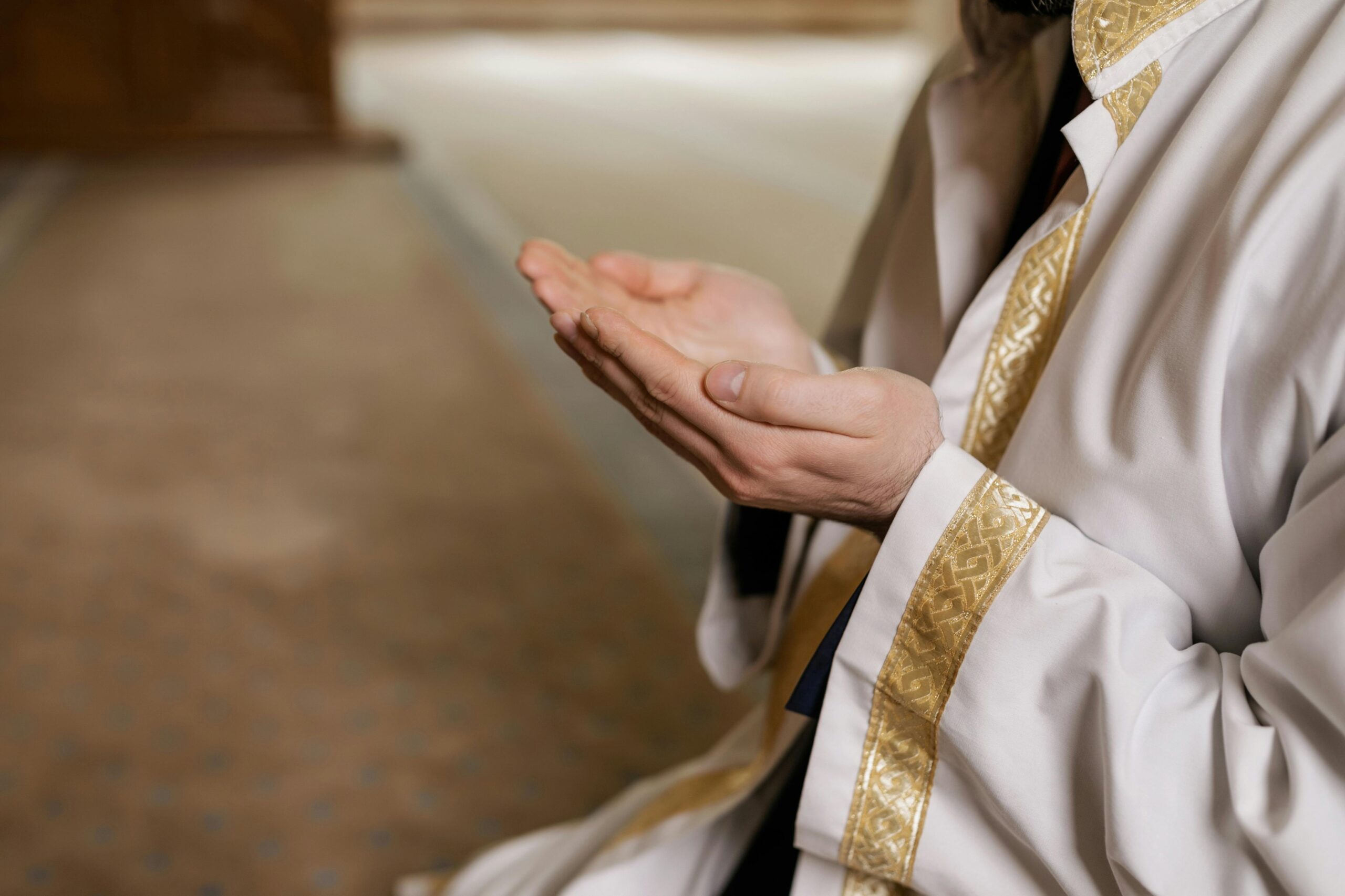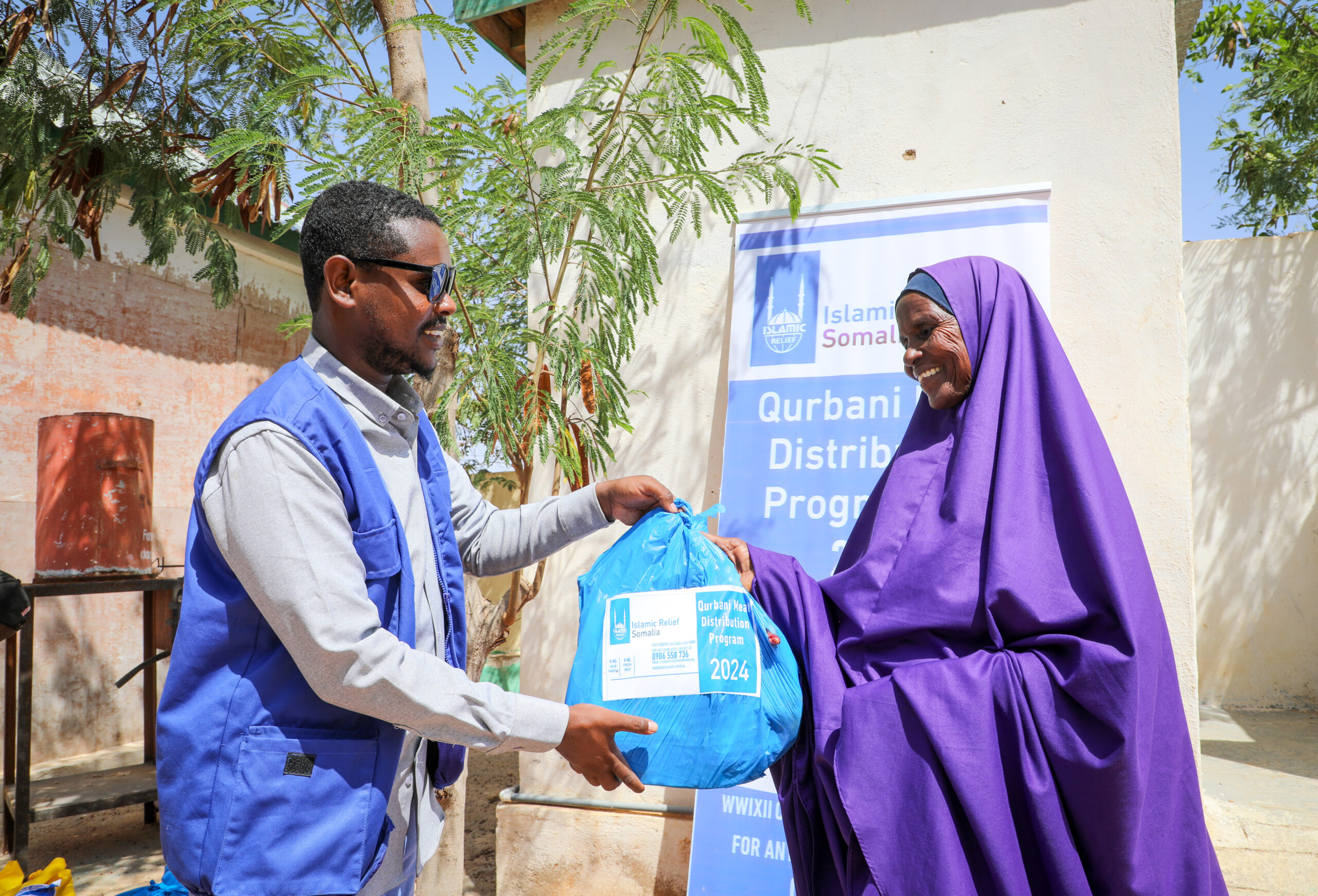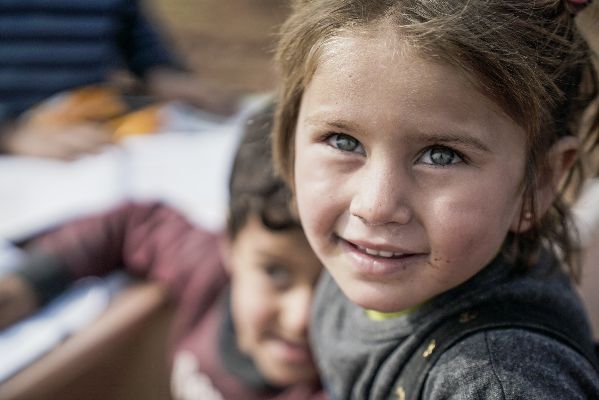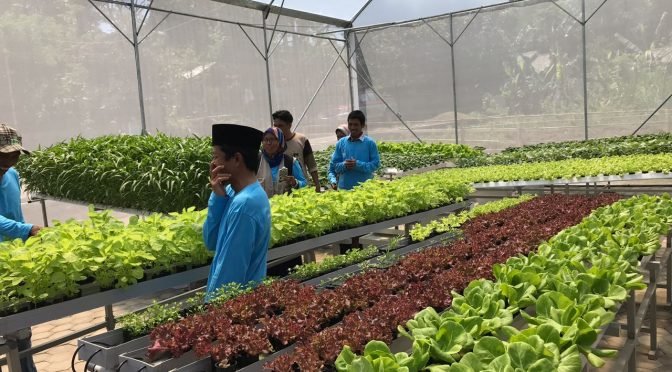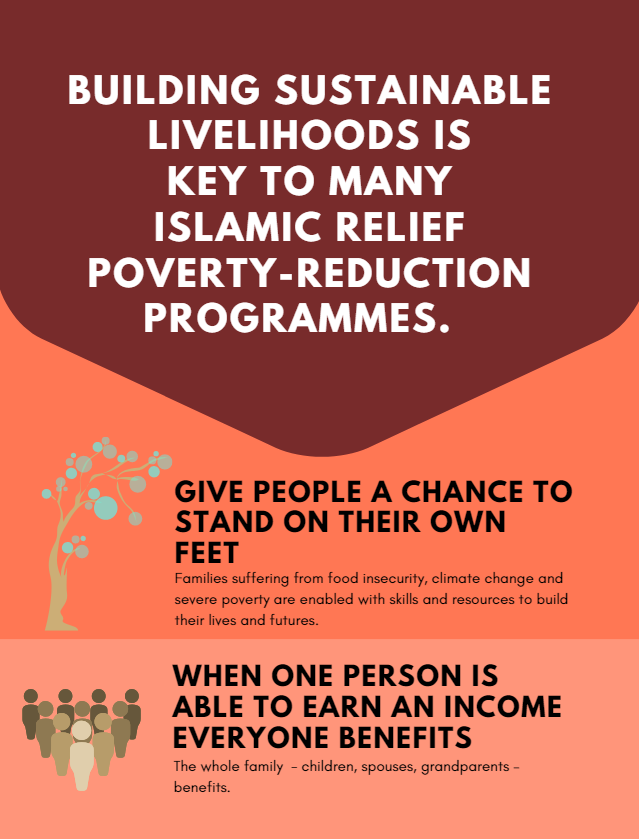
06.12.25
Tax Deductions and EOFY Charity Giving 2025
Make the most of the End of Financial Year (EOFY) 2024-25

As the end of the financial year draws near, so does the dreaded tax season. Many of us have started sorting through our receipts, trying to figure out which purchases we can claim as a deduction on our tax return. These include any significant charitable donations made towards an ACNC-registered charity with DGR status, such as Islamic Relief Australia.
However, as Muslims, is it possible for us to claim any donations (Sadaqah, etc.) we make as tax deductions? The short answer? Yes! But to help you further, here are answers to some commonly asked questions on claiming a tax deduction for your donations.
FAQs: Tax Deductions and EOFY Charity Giving
How do tax deductions work for Australian charities?
The Australian Taxation Office (ATO) lists “gifts and donations” as eligible for tax deductions. If you make a donation over $2 AUD to a charity that has DGR status (as Islamic Relief Australia does), you can claim that back as a deduction on your tax return. This means you get a component of what you gave before the end-of-financial-year (EOFY).
What are EOFY donations?
End of financial year (EOFY) donations are charitable donations made before midnight on 30 June. In Australia, donations of $2 or more to a registered charity with Deductible Gift Recipient (DGR) status can be claimed as a deduction on your tax return. EOFY donations can help reduce your taxable income (allowing you to pay tax on a lower income) while supporting the causes you care about most.
To qualify, your donation must:
- Be made before 11:59 pm AEST on 30 June
- Be to an organisation with DGR status (like most registered charities)
- Be a true gift, not a contribution (you don’t receive anything in return)
- Have a receipt or proof of the donation
How do EOFY donations help with your taxes?
While you won’t be able to get a refund for all your EOFY donations, they can reduce how much tax you pay.
Here’s how it works.
When you lodge your tax return, you can claim any eligible donations made during the financial year.
For example, if your income is $70,000, and you donate $1,000 to a DGR-endorsed charity, you may only be taxed as if you earned $69,000.
How much return you get back depends on your income and marginal tax rate, but the principle is simple: the more you give (within your means), the less tax you may owe.
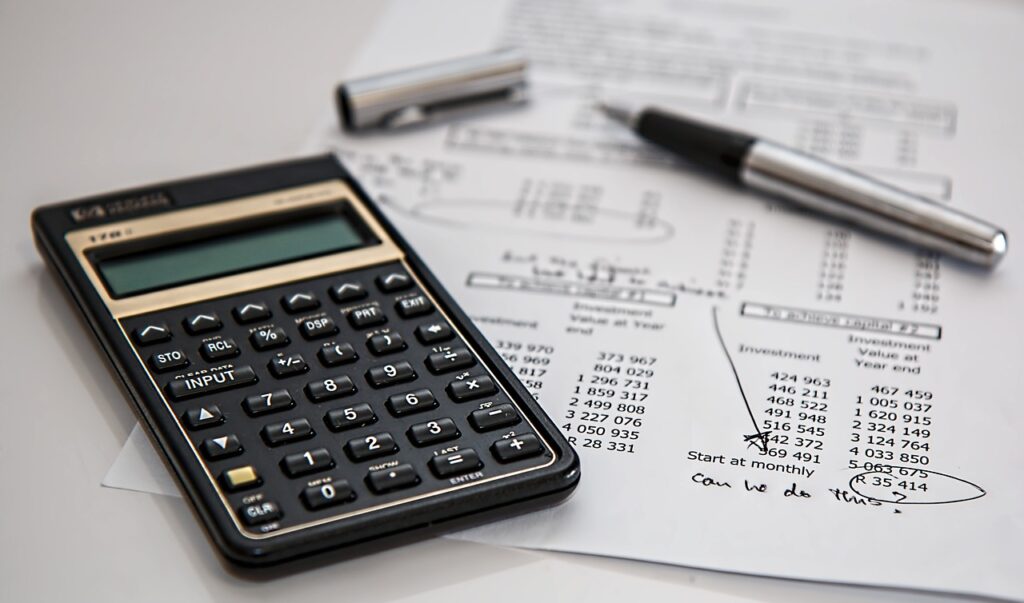
How to make an EOFY donation
Making an end-of-financial-year donation doesn’t have to be complicated. It’s just takes five simple steps.
EOFY Giving Checklist
- Choose a registered charity
- Donate $2 or more
- Give before 30 June
- Keep your receipt
- Claim it on your tax return.
Does claiming donations as a tax deduction affect the intention with which you gave?
No, it doesn’t take away in any way from the initial donation you gave. It has achieved its intention and reached its beneficiary, insha Allah!
Rather, what this means is that you are reclaiming a portion of the money that is rightly owed back to you by Australian tax law. That is then extra money back in your pocket.
If I give what I receive back, is that extra reward?
Yes, insha Allah! It is wealth you could have done something else with, so if you give it back in charity yet again, that is yet another sadaqah for you, insha Allah!
Should I increase my donations at this time of year (at the EOFY)?
You can and should if your situation allows. It means you could claim back more as deductions, and your charity will go further than it may have otherwise.
Where should I donate?
To ANY cause you wish. With Islamic Relief Australia, all your donations are going to be eligible for these tax deductions. In turn, as a signatory to the ACFIC code of conduct, we commit to upholding transparency, effectiveness, and ethical development practices in all our programs, ensuring the support of donors like you reaches those most in need, effectively and sustainably.
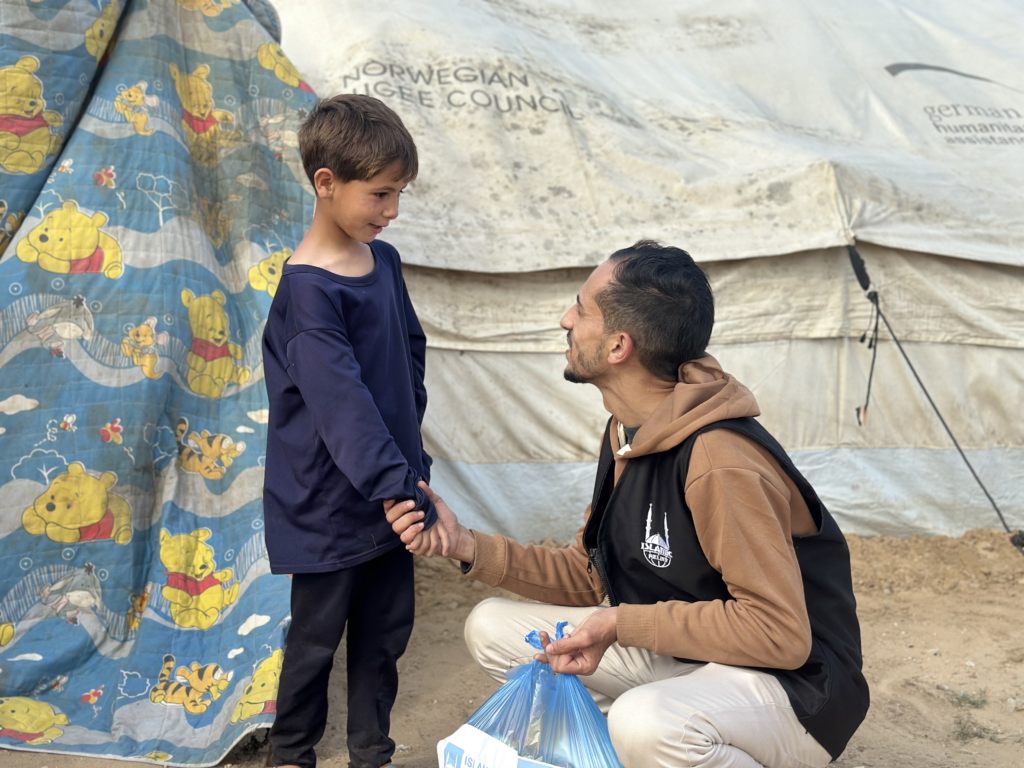
We encourage you to look at all our appeals and giving options. Medical aid for Gaza and Sudan are the most important emergency relief campaigns we are running.
May Allah (SWT) reward you for your generosity!
Let Your Generosity Go Further
Make the most of tax season. By giving more before the end of this June, you can increase you impact, supporting more of our brothers and sisters in need.
General EOFY donations FAQ
-
Are donations 100% tax-deductible in Australia?
They can be so long as your donation goes to a registered charity with Deductible Gift Recipient (DGR) status and meets the ATO’s requirements. You can check DGR status using the ABN Lookup.
-
What is the maximum donation to deduct on taxes?
There’s no fixed limit. However, your donation must be within your ability to claim, as you can’t claim more than you earned.
-
Can I claim donations on this year’s tax return?
Yes, so long as you made the donation before midnight AEST on 30 June. Donations made after that will count for the next financial year.
-
How do I know if a charity is tax-deductible?
Look for a charity that has DGR status. Most organisations with this status will say this on their donation page. You can also verify it through the ACNC Charity Register or the ABN Lookup.



